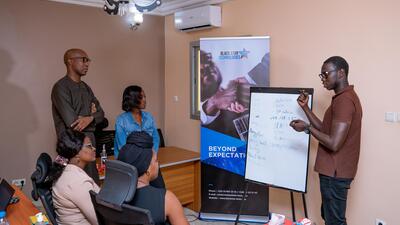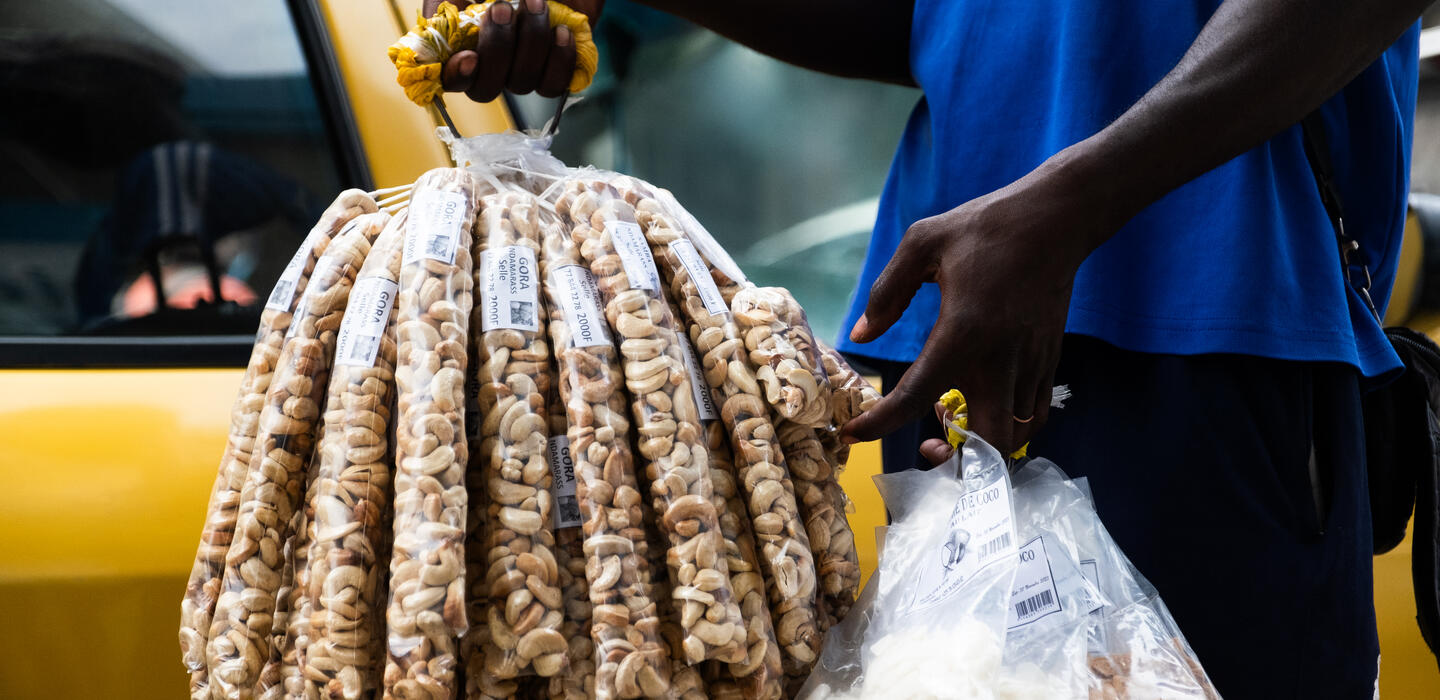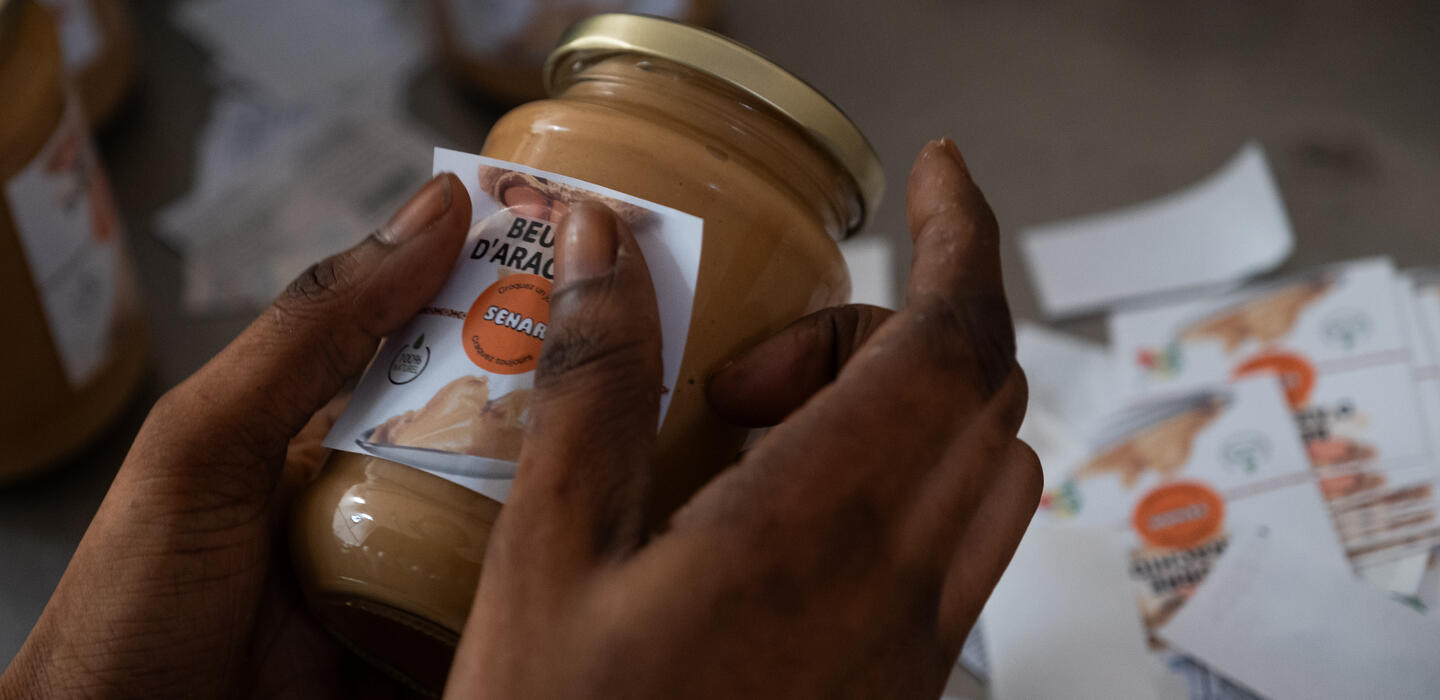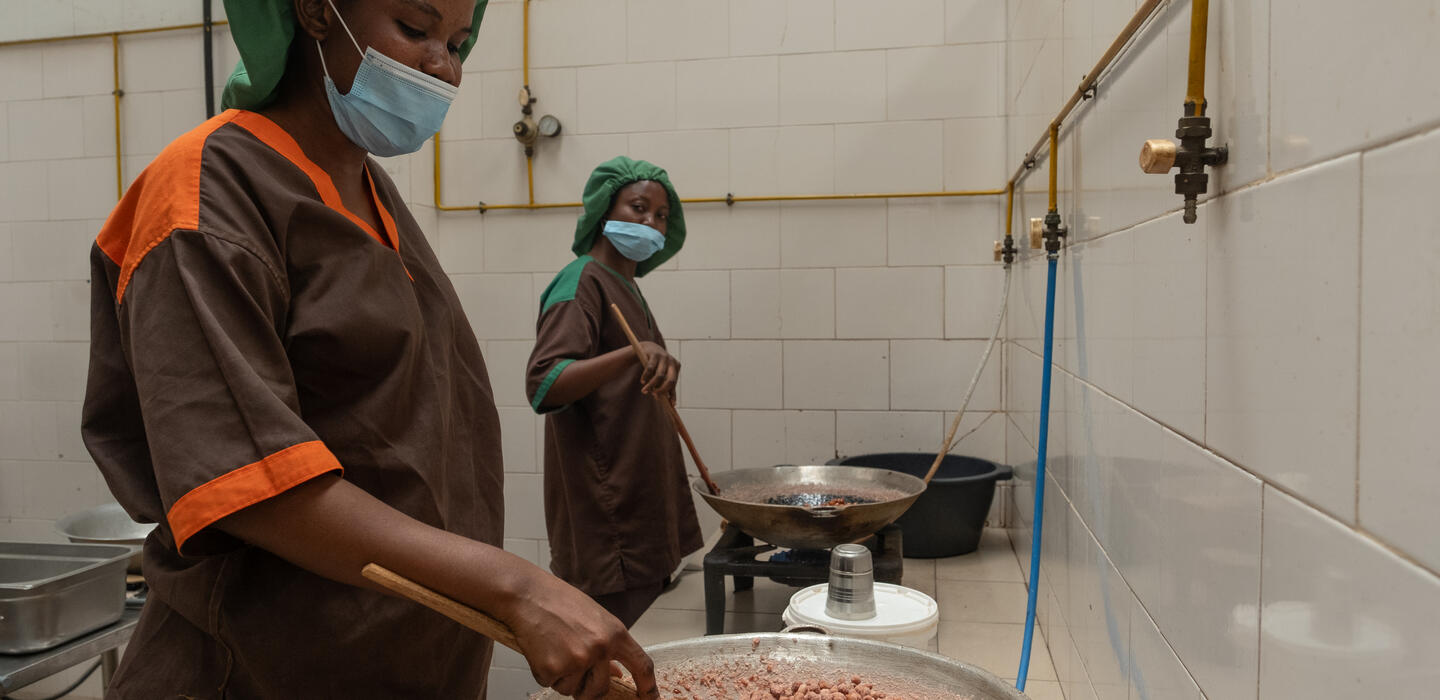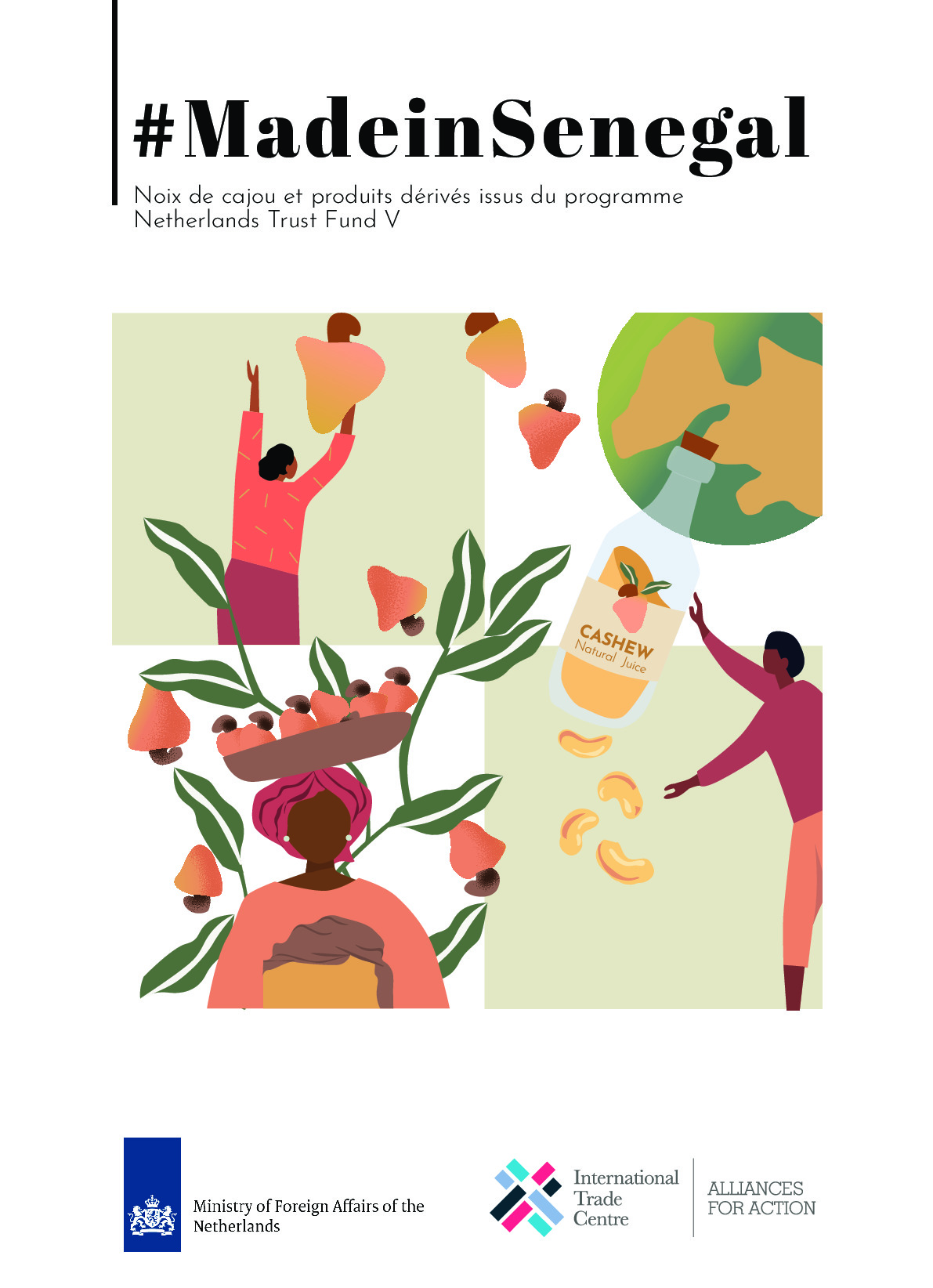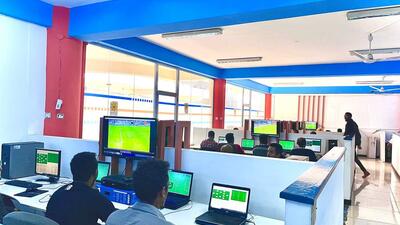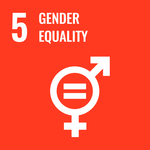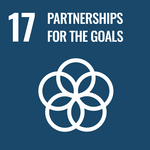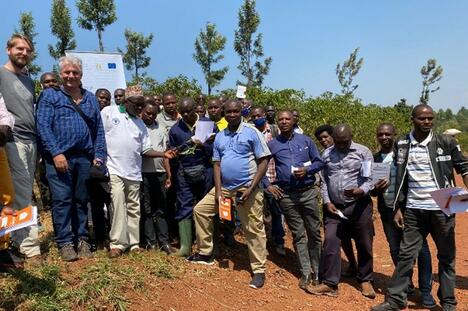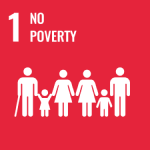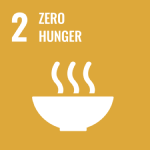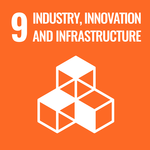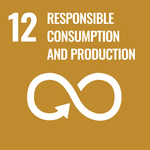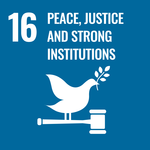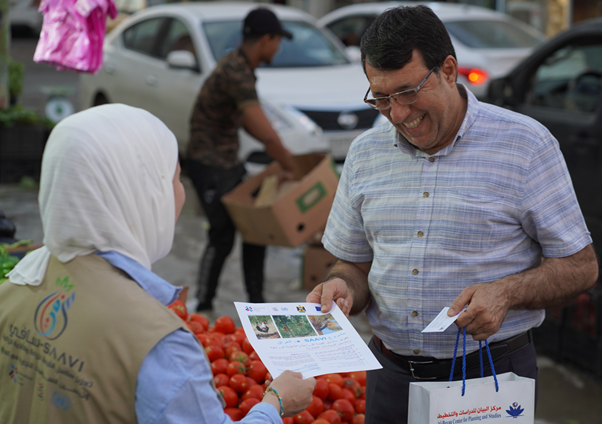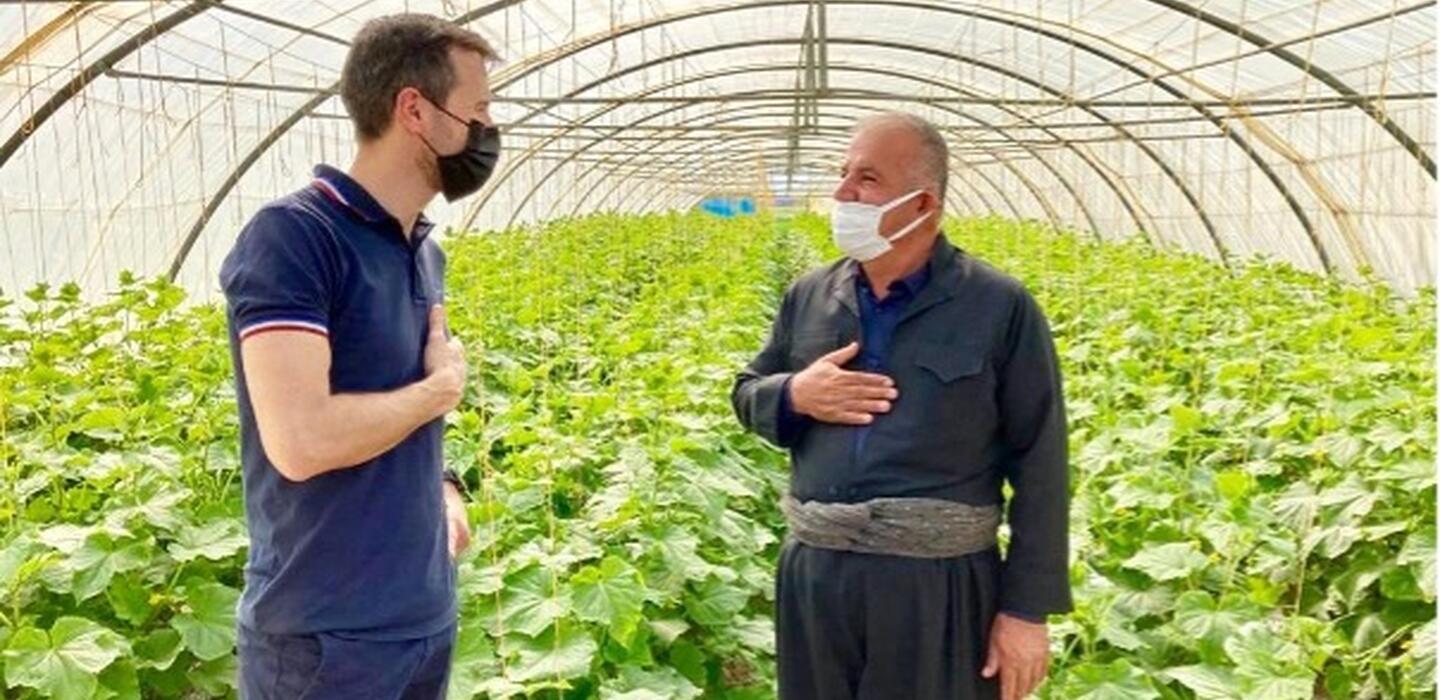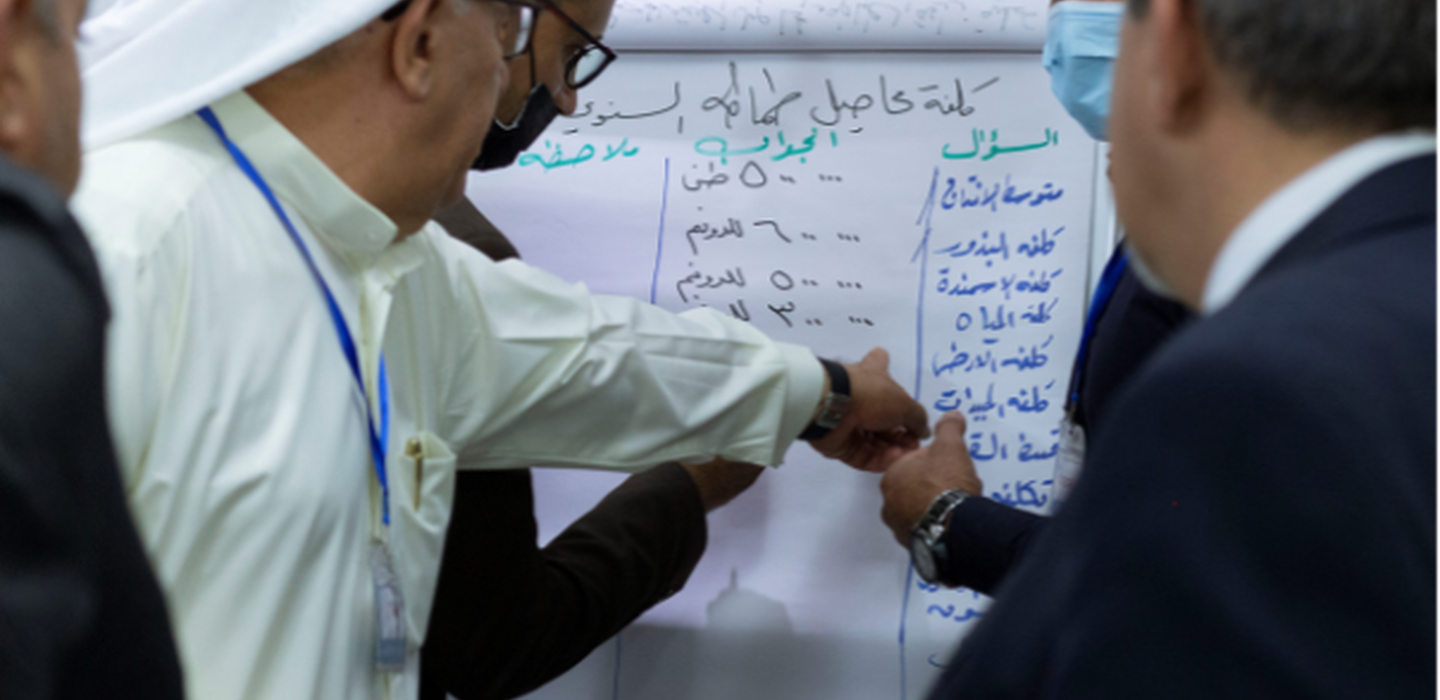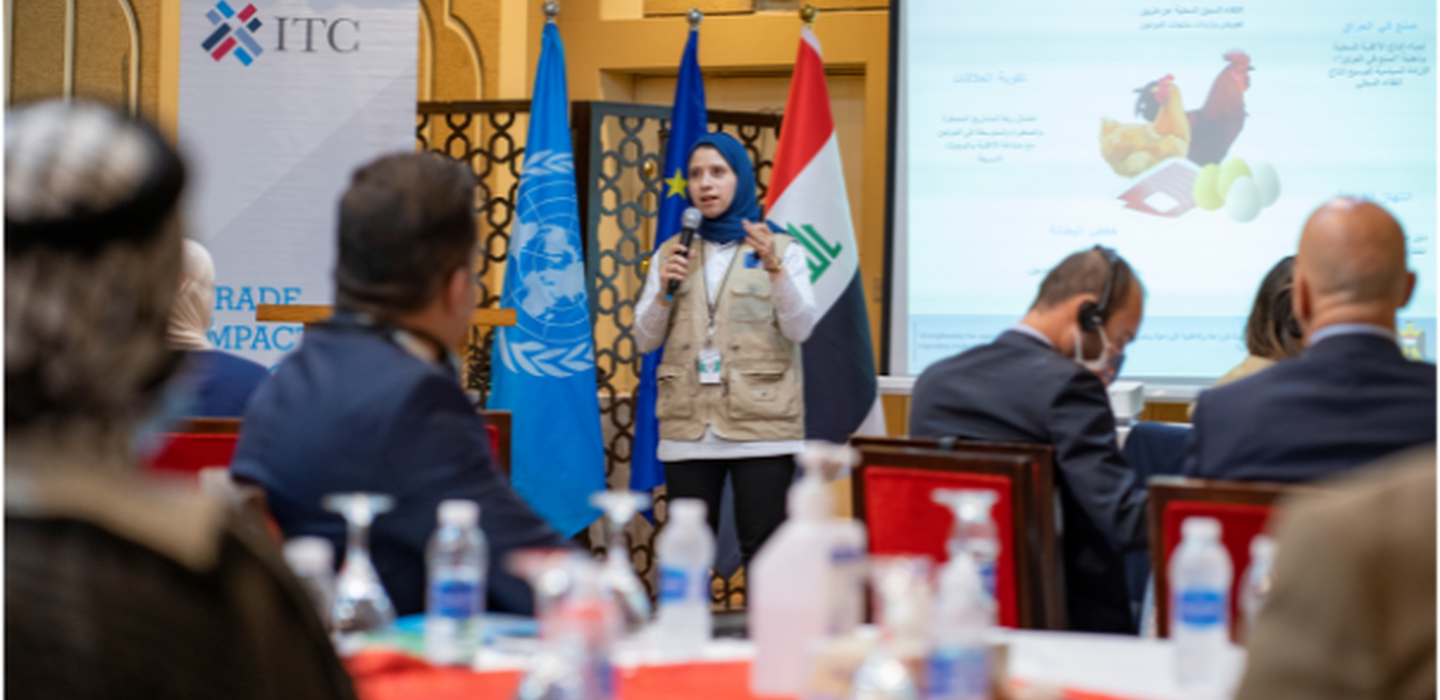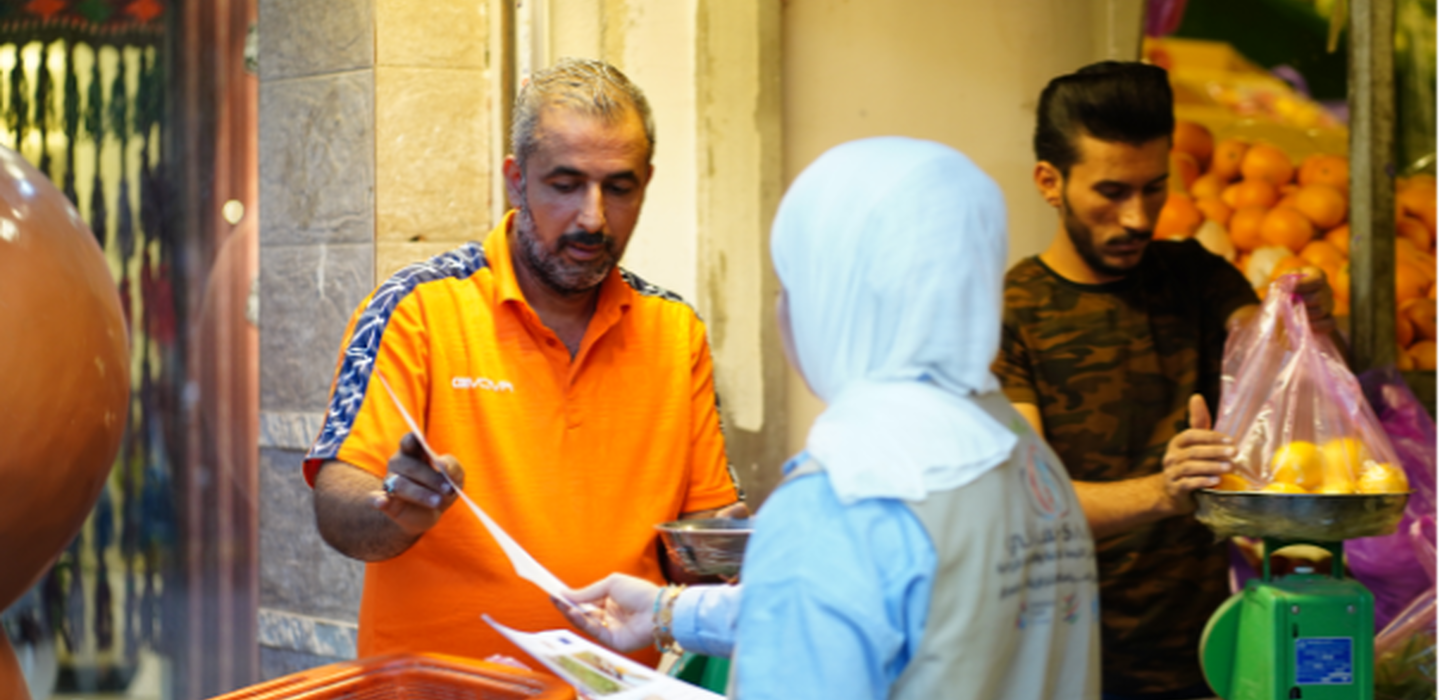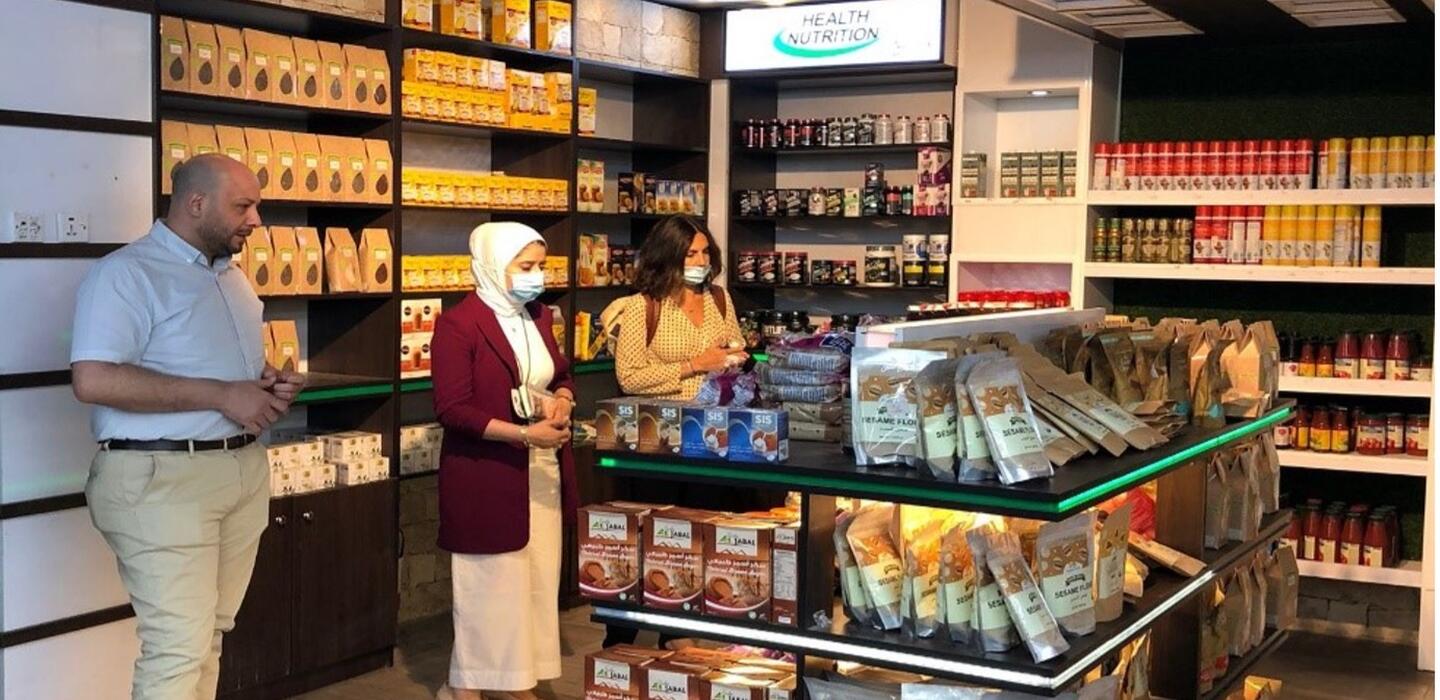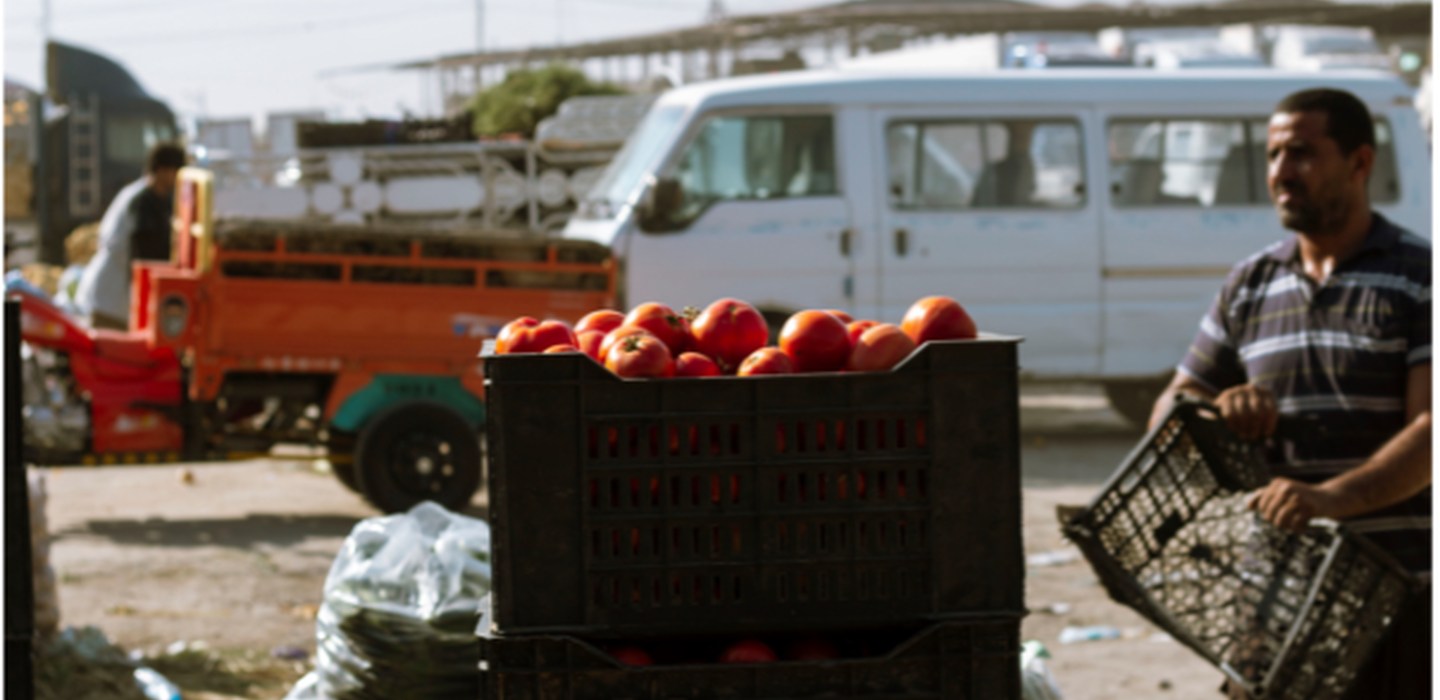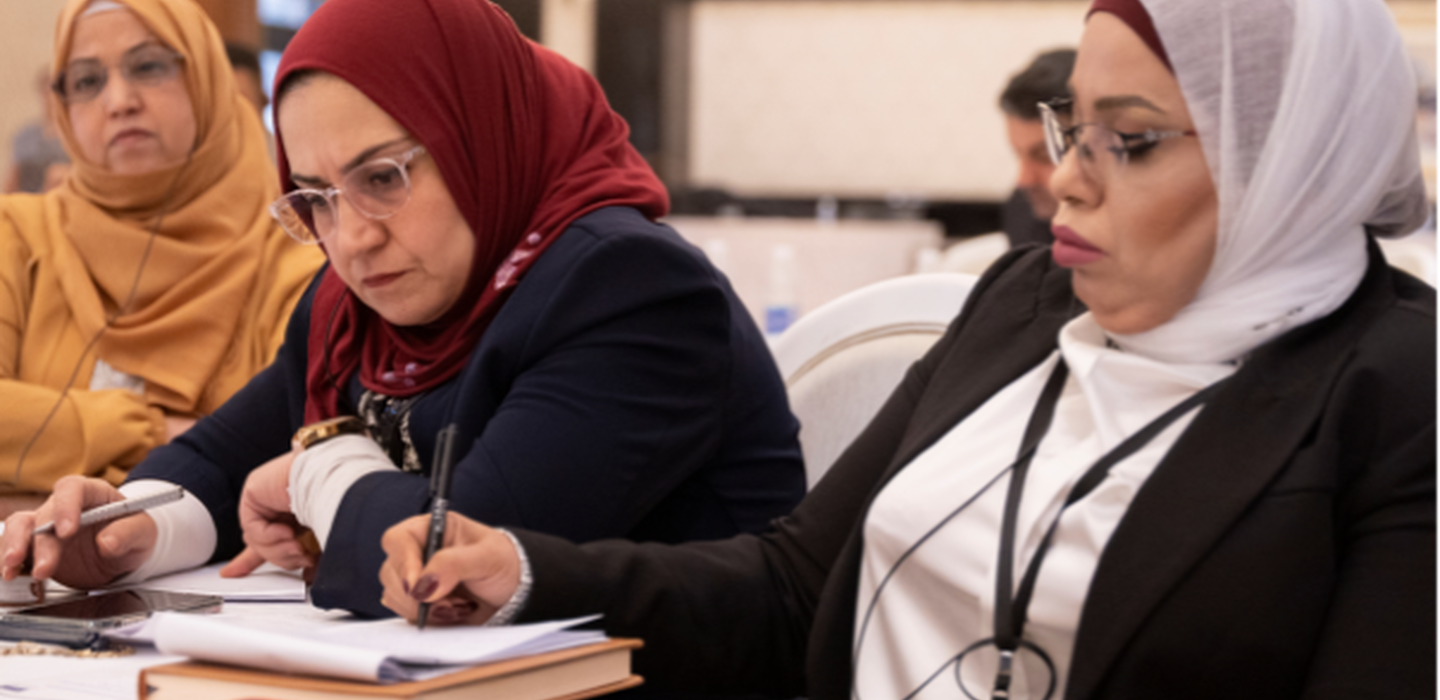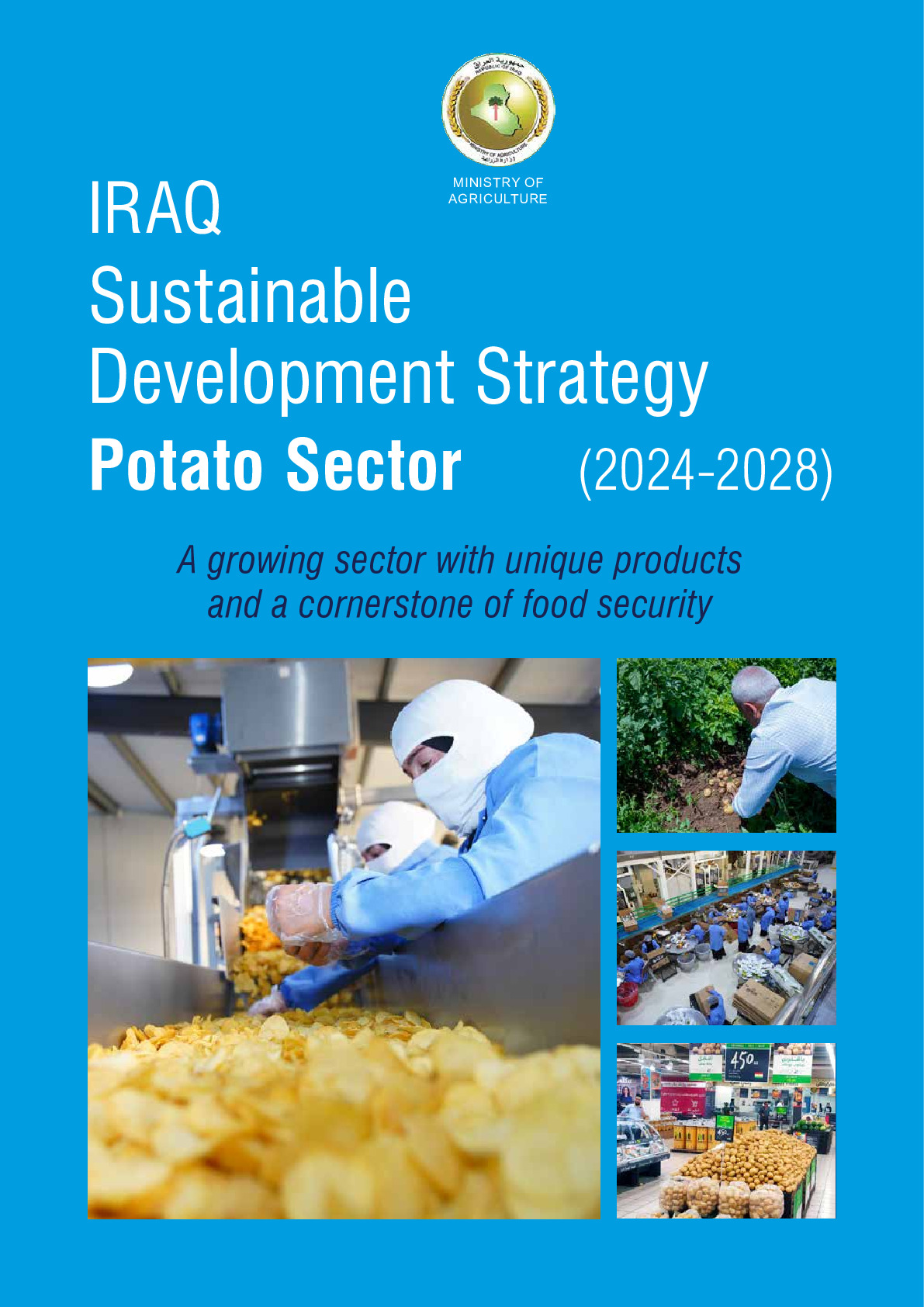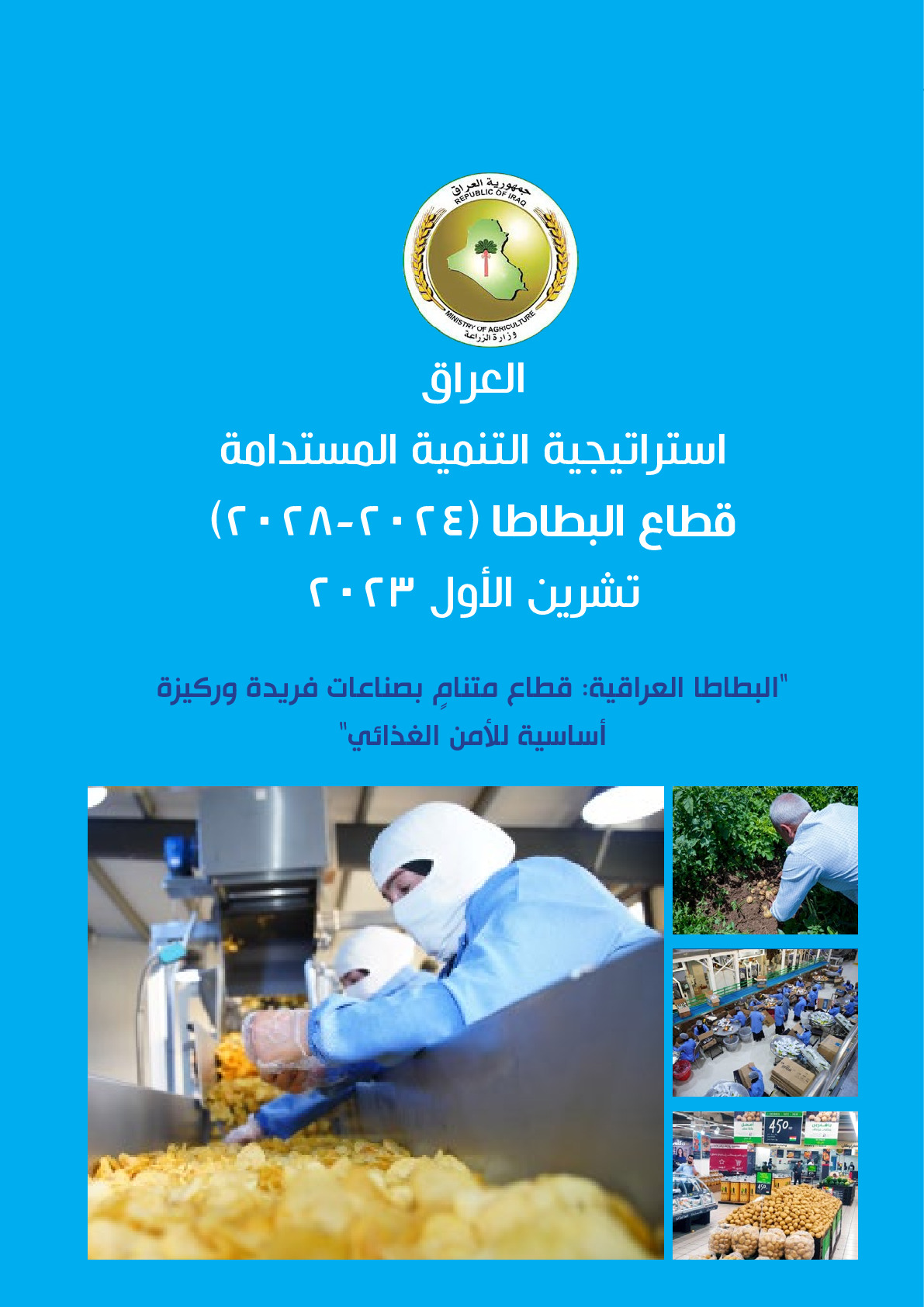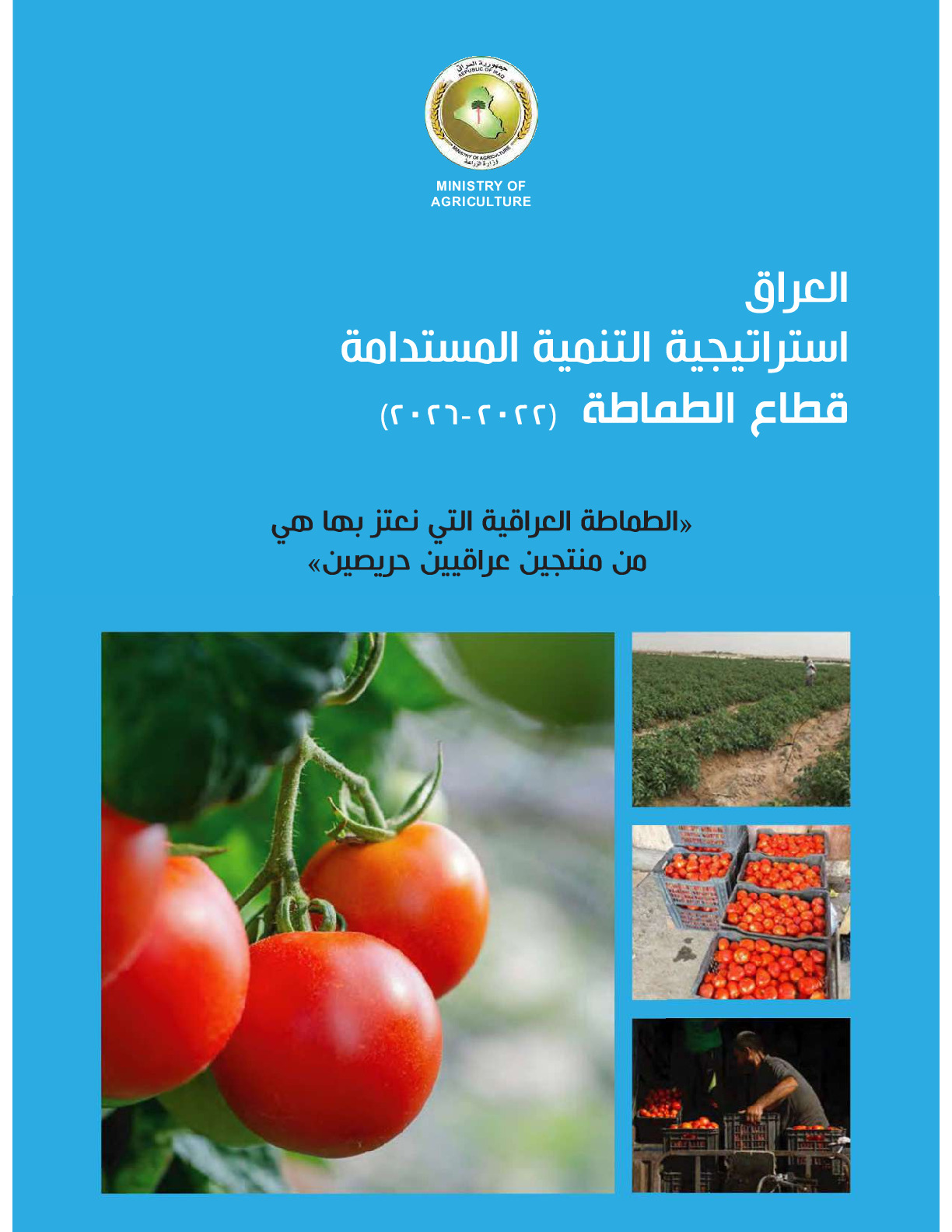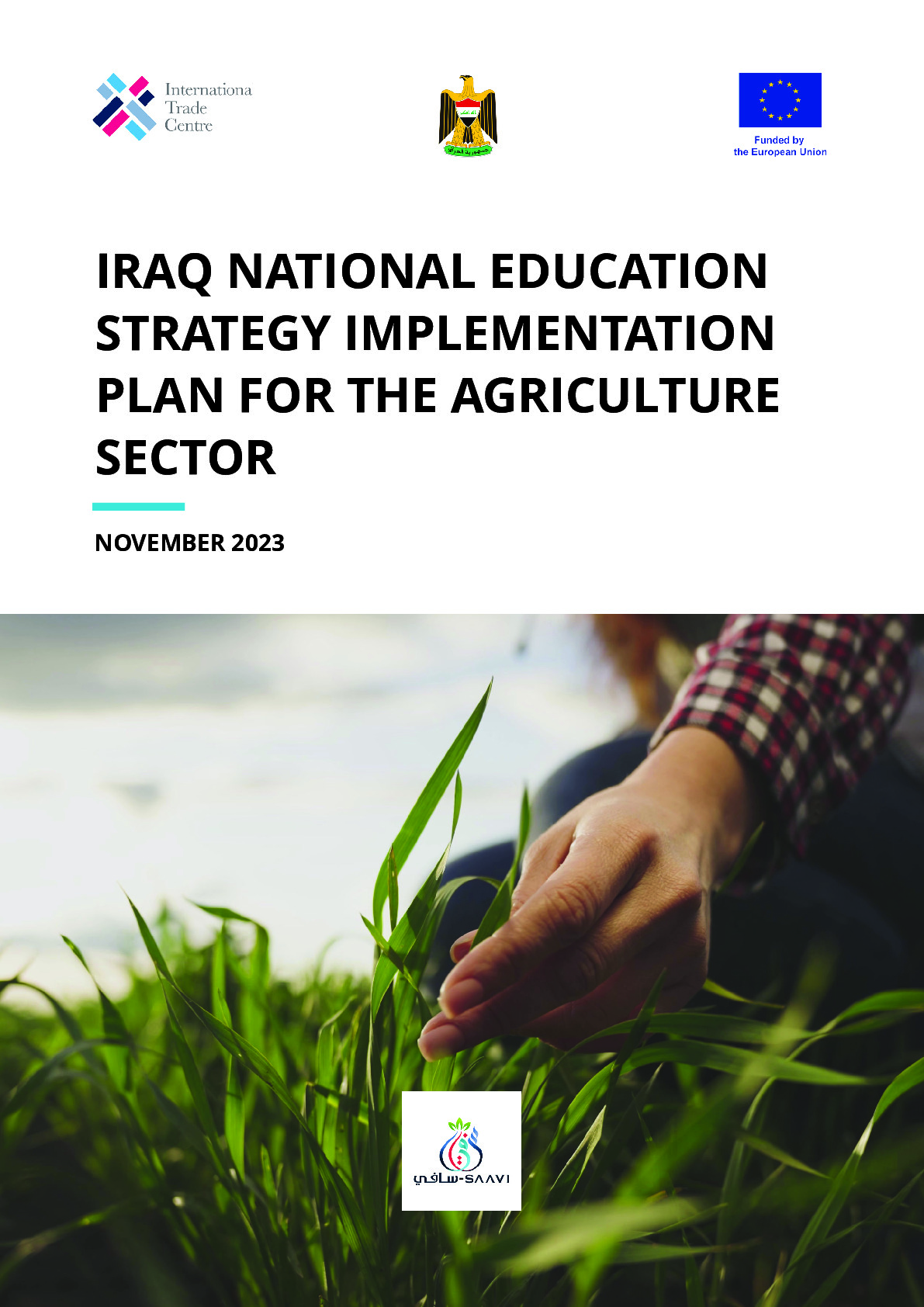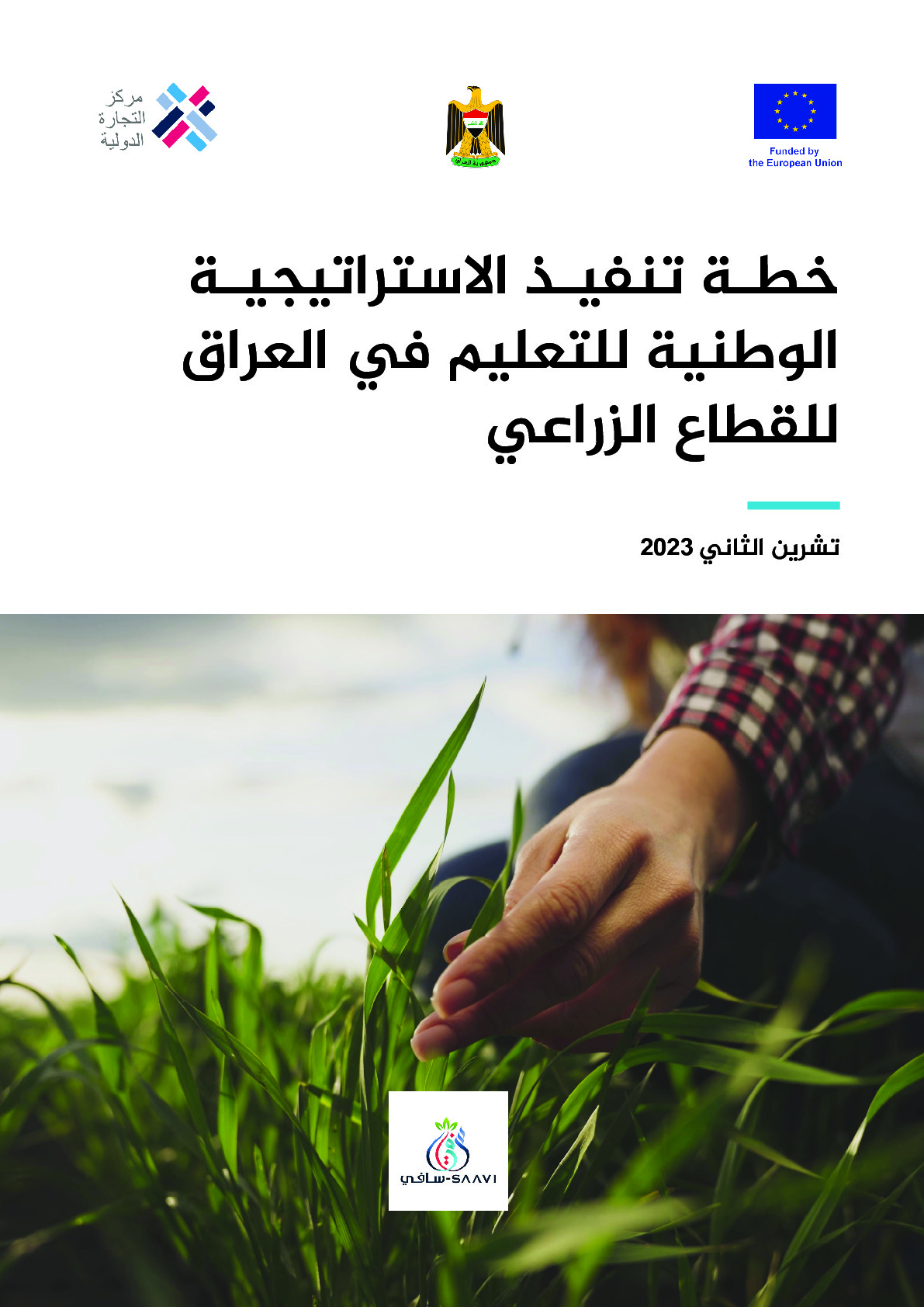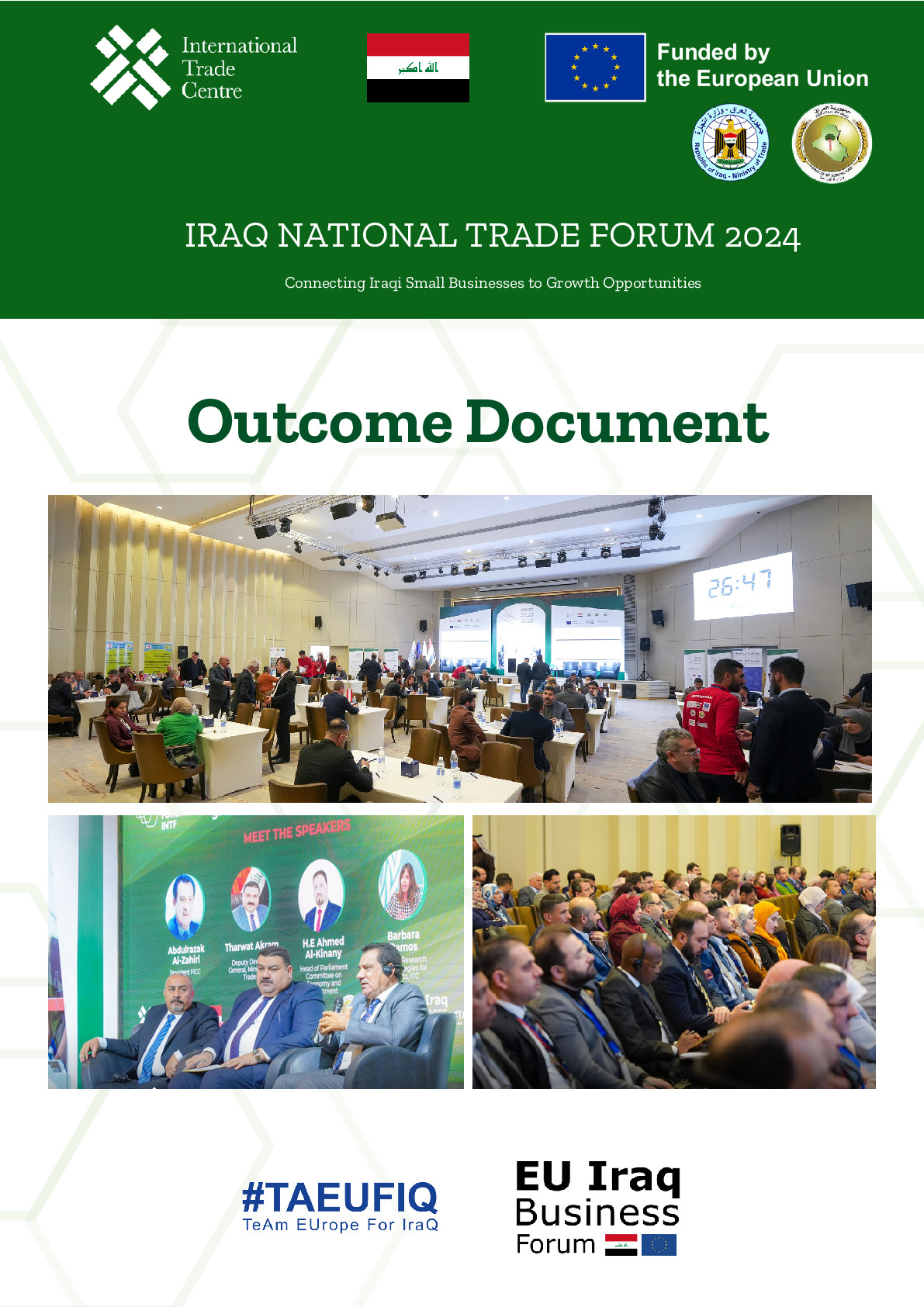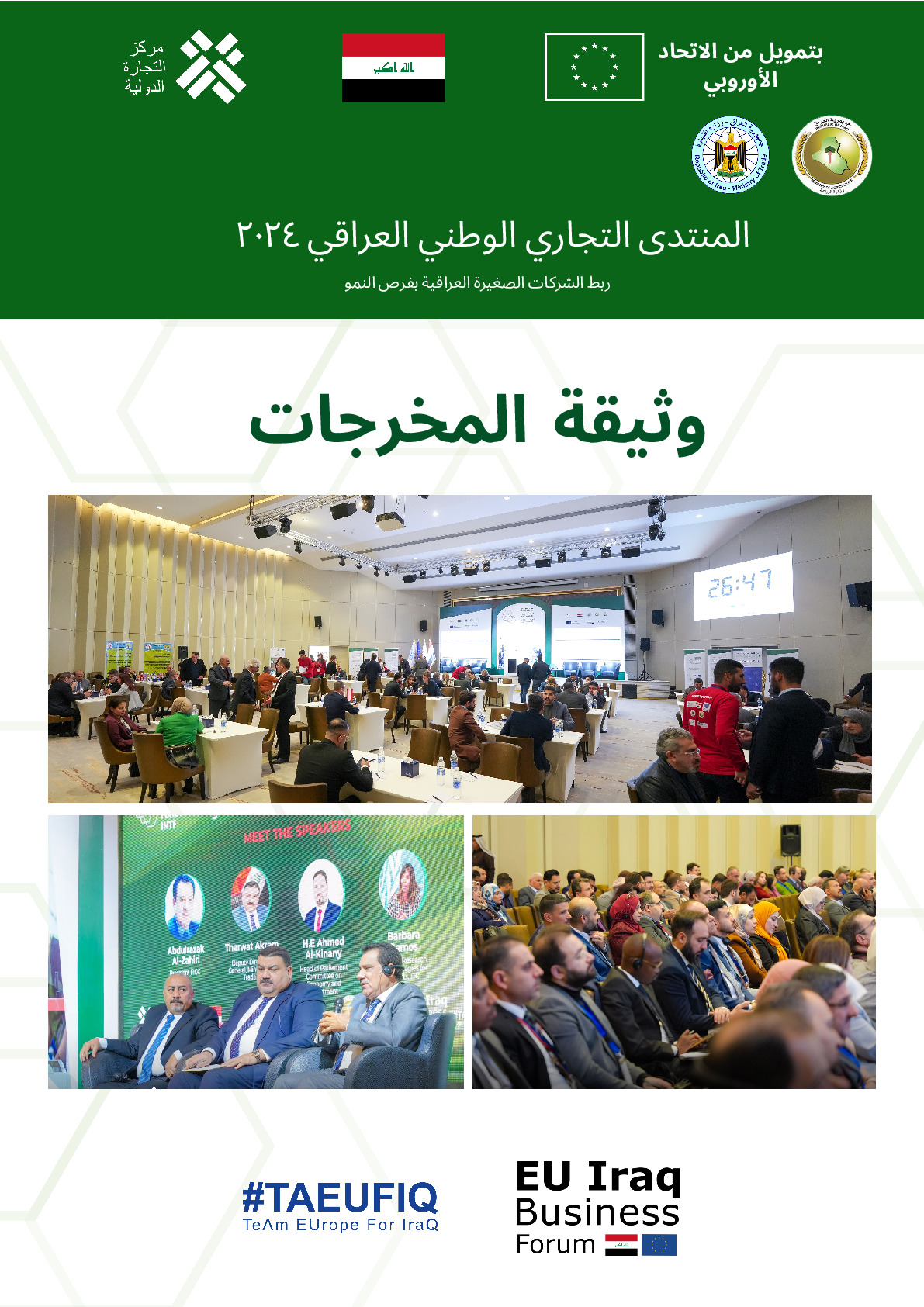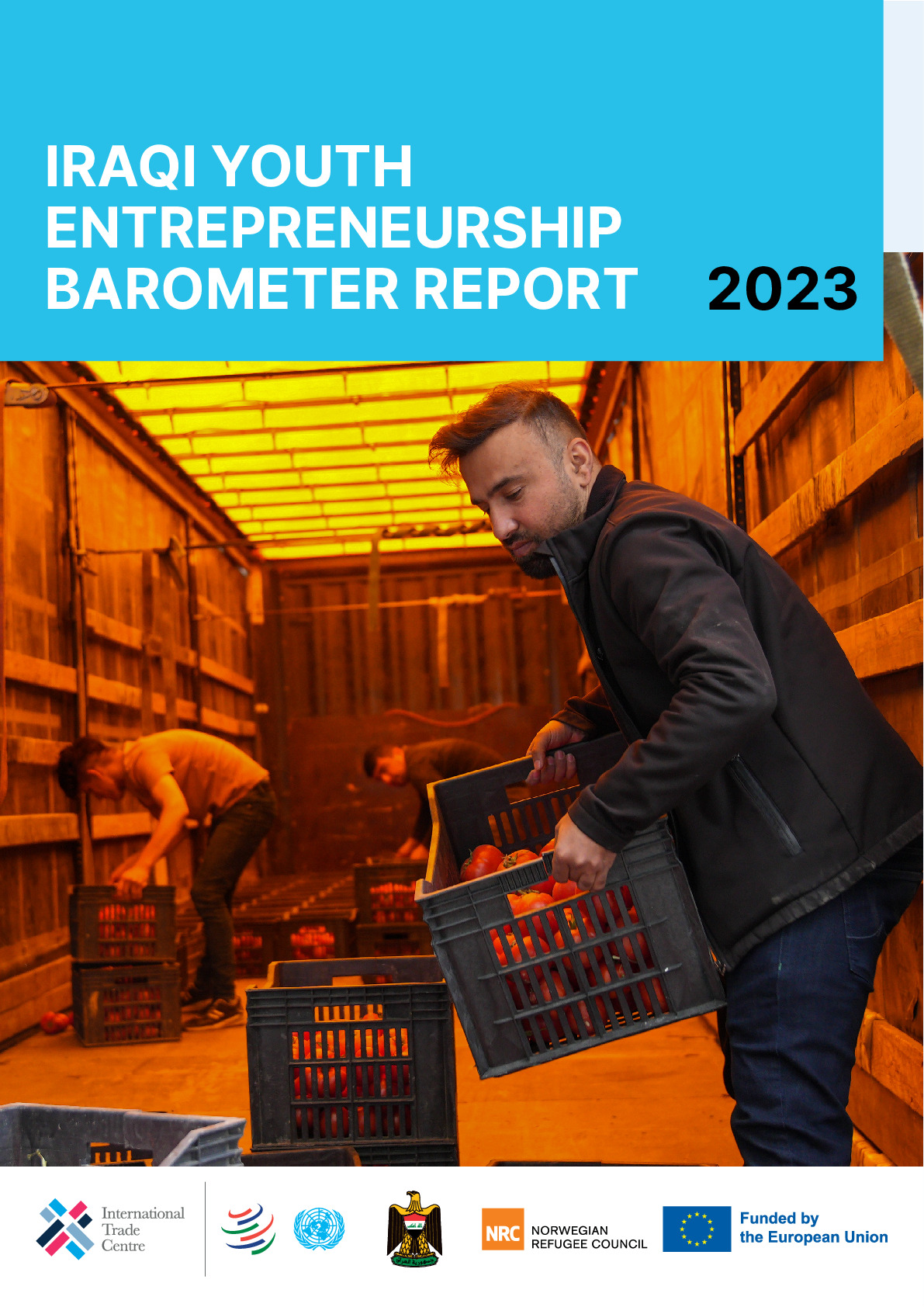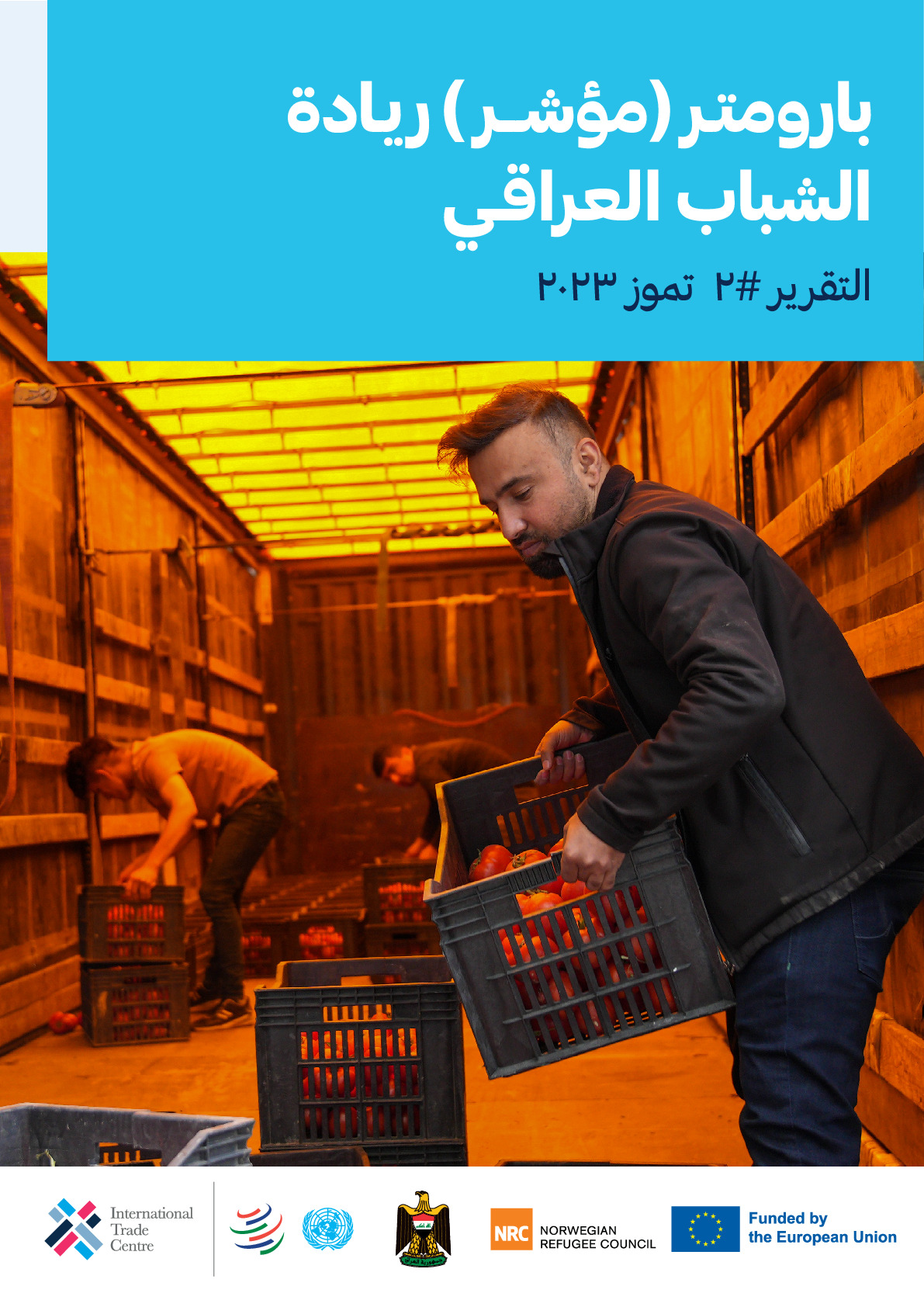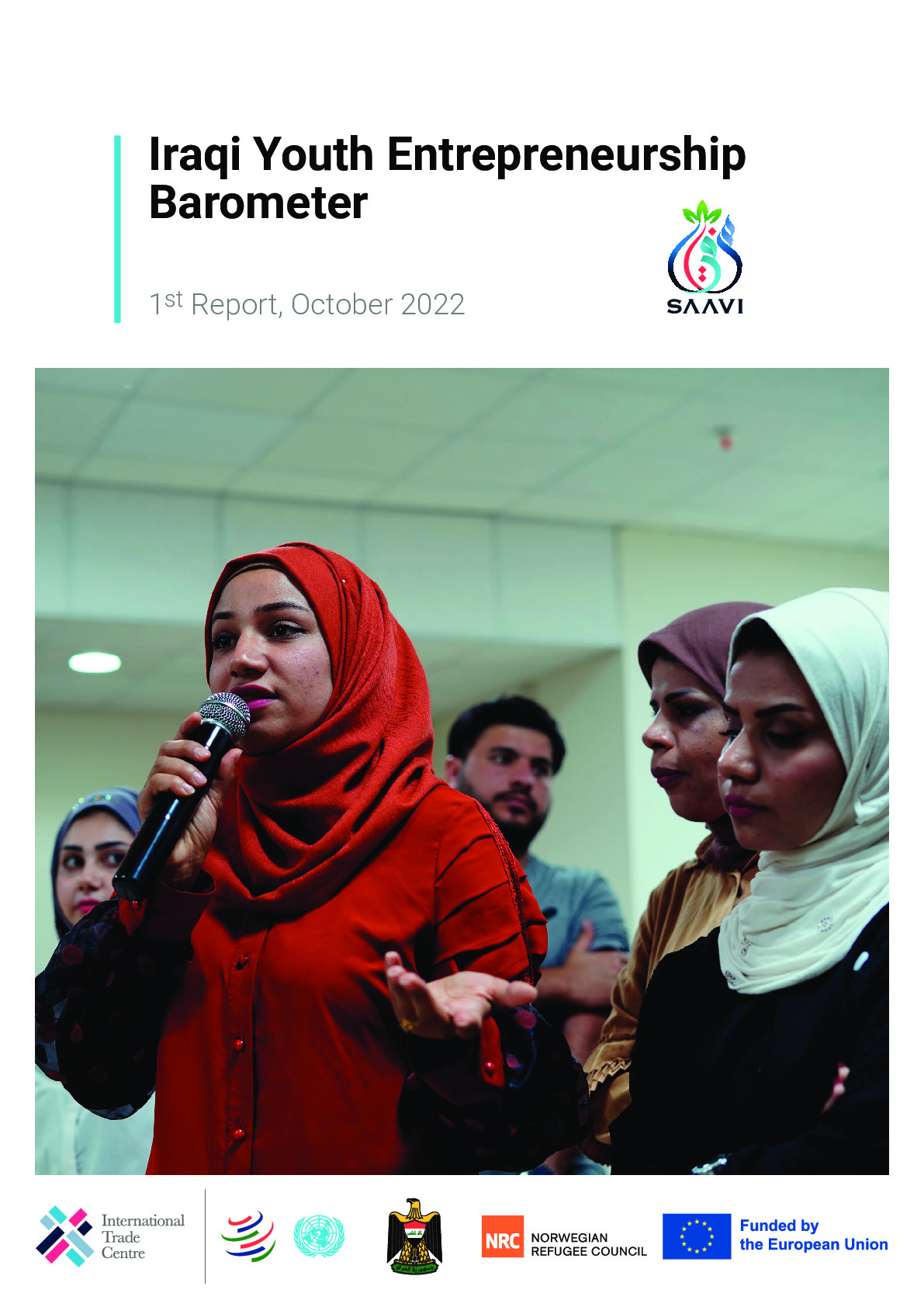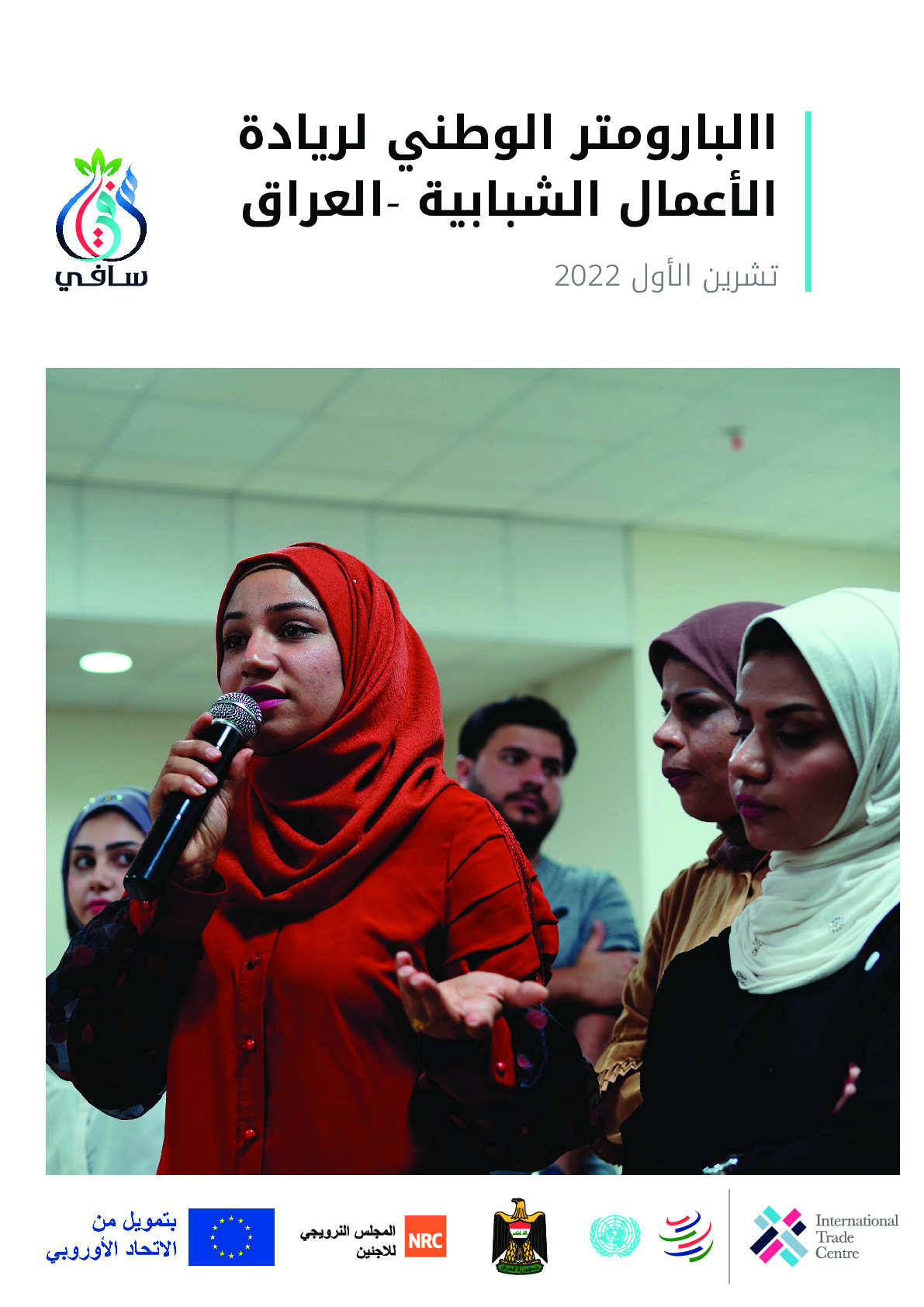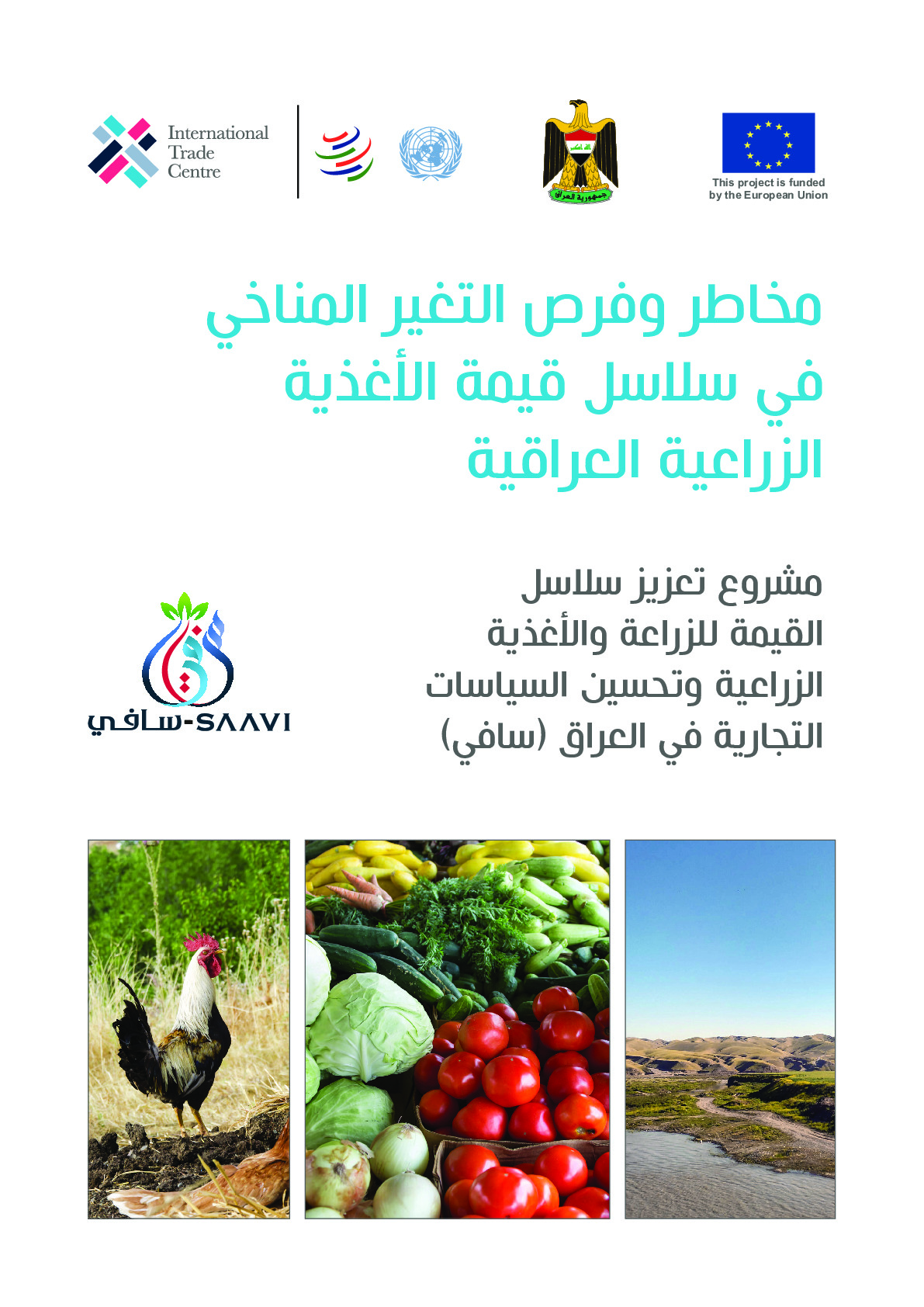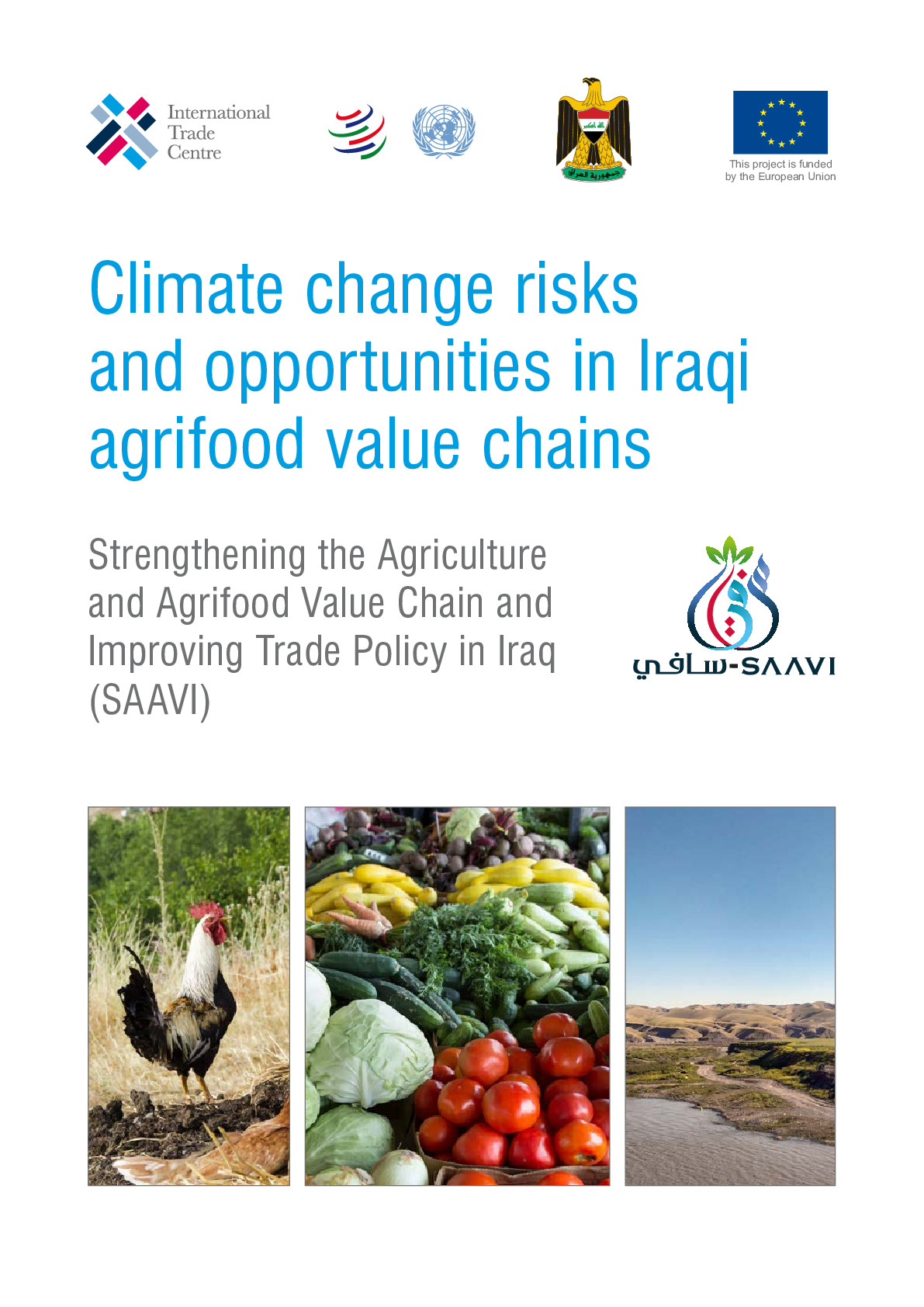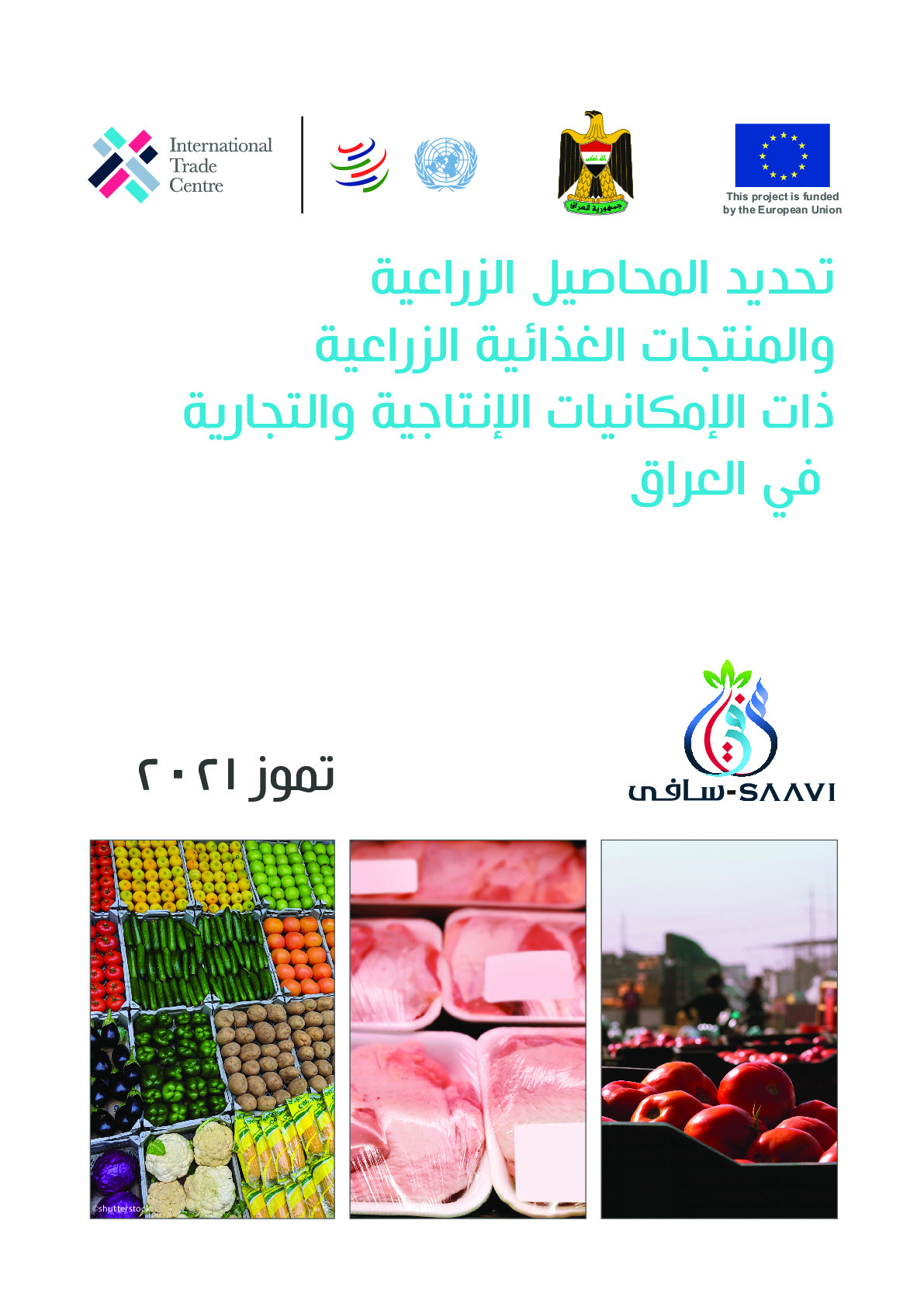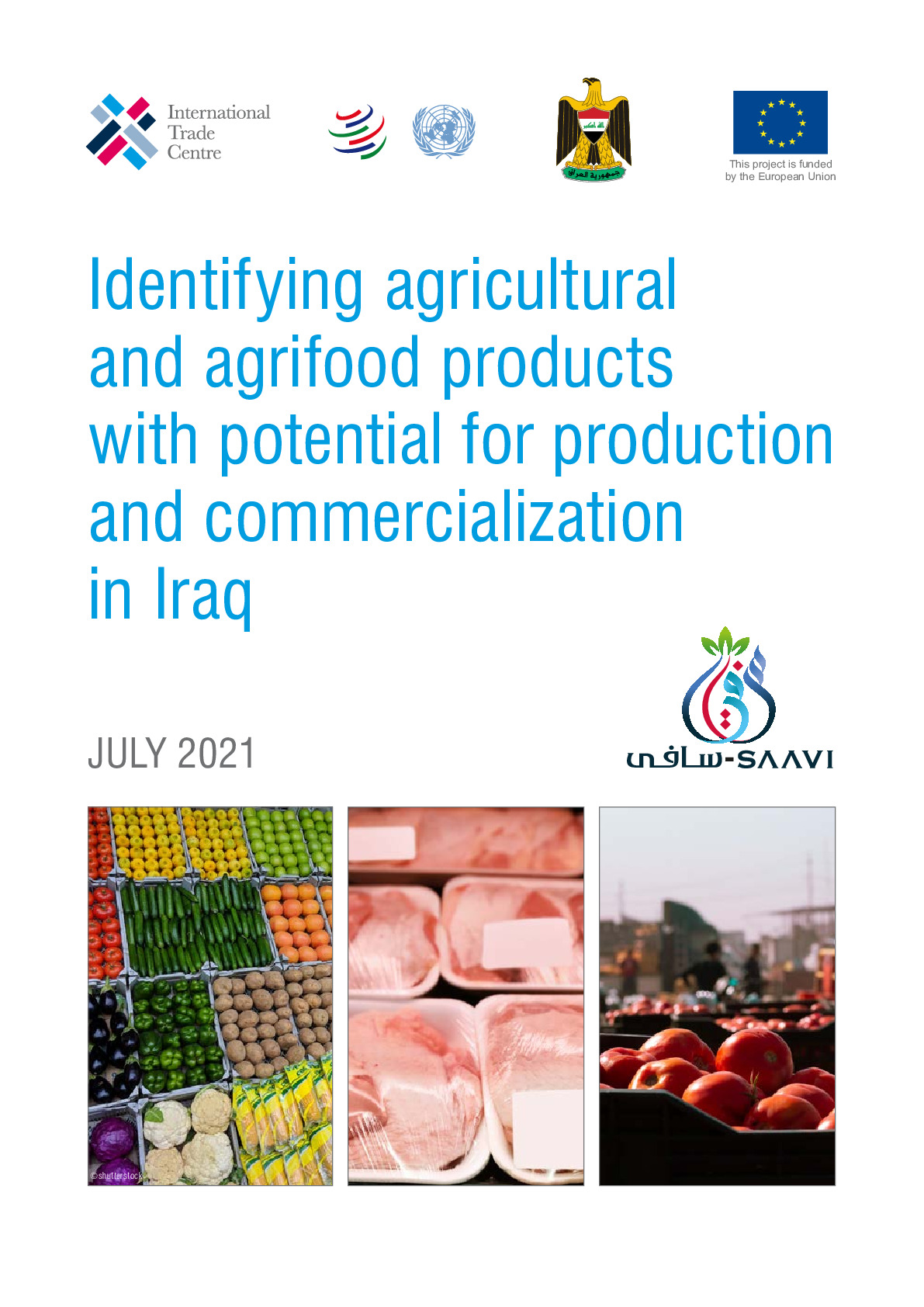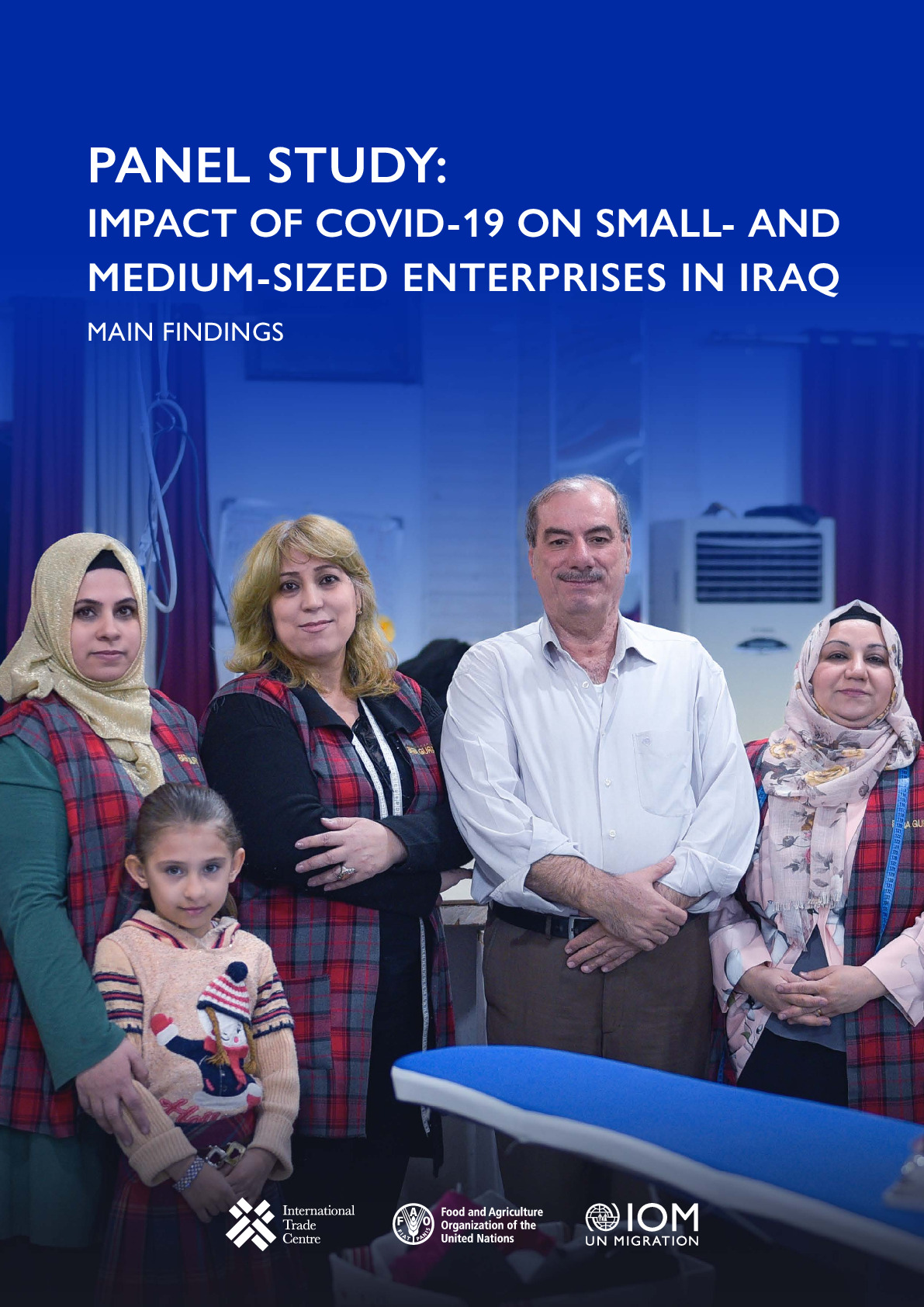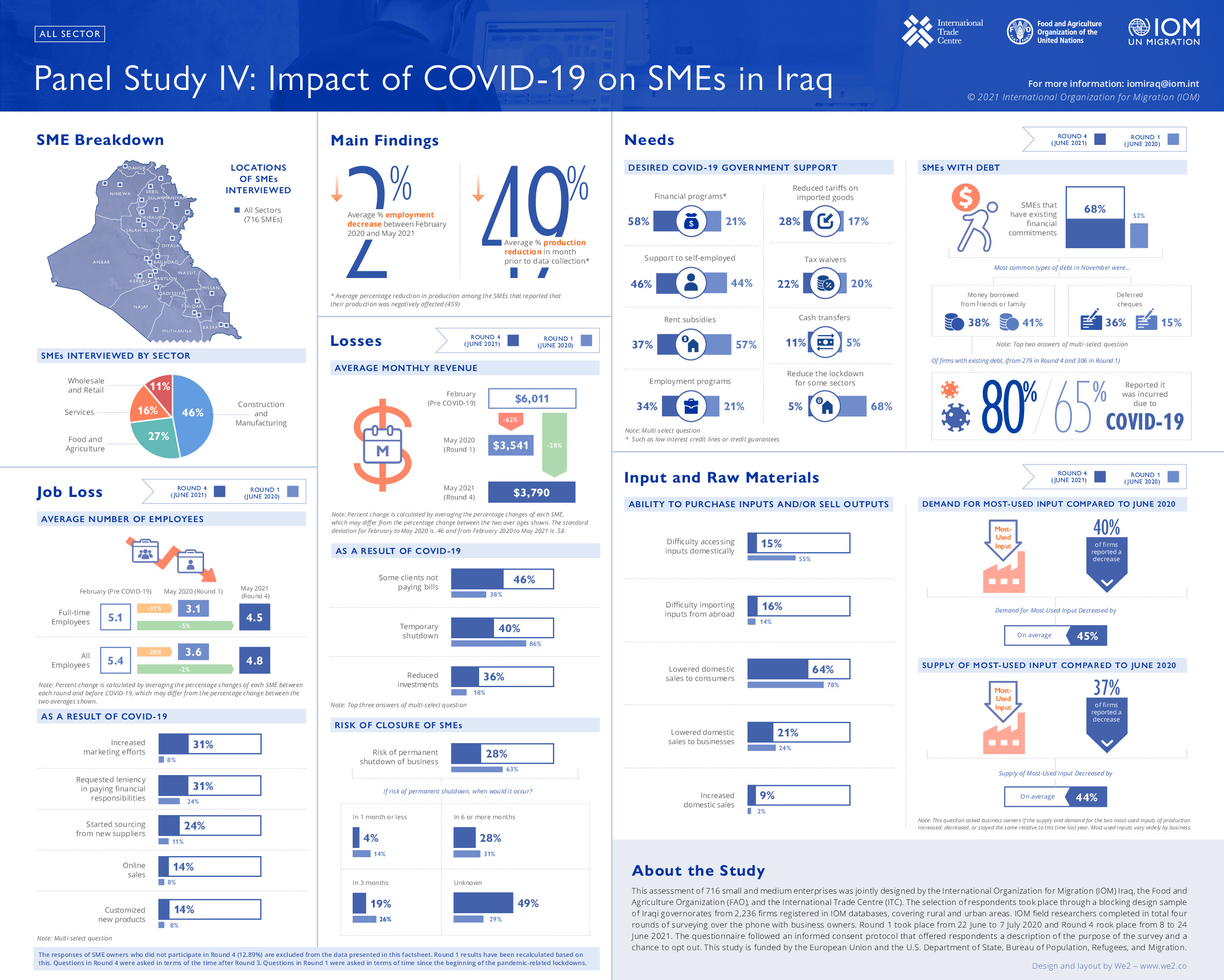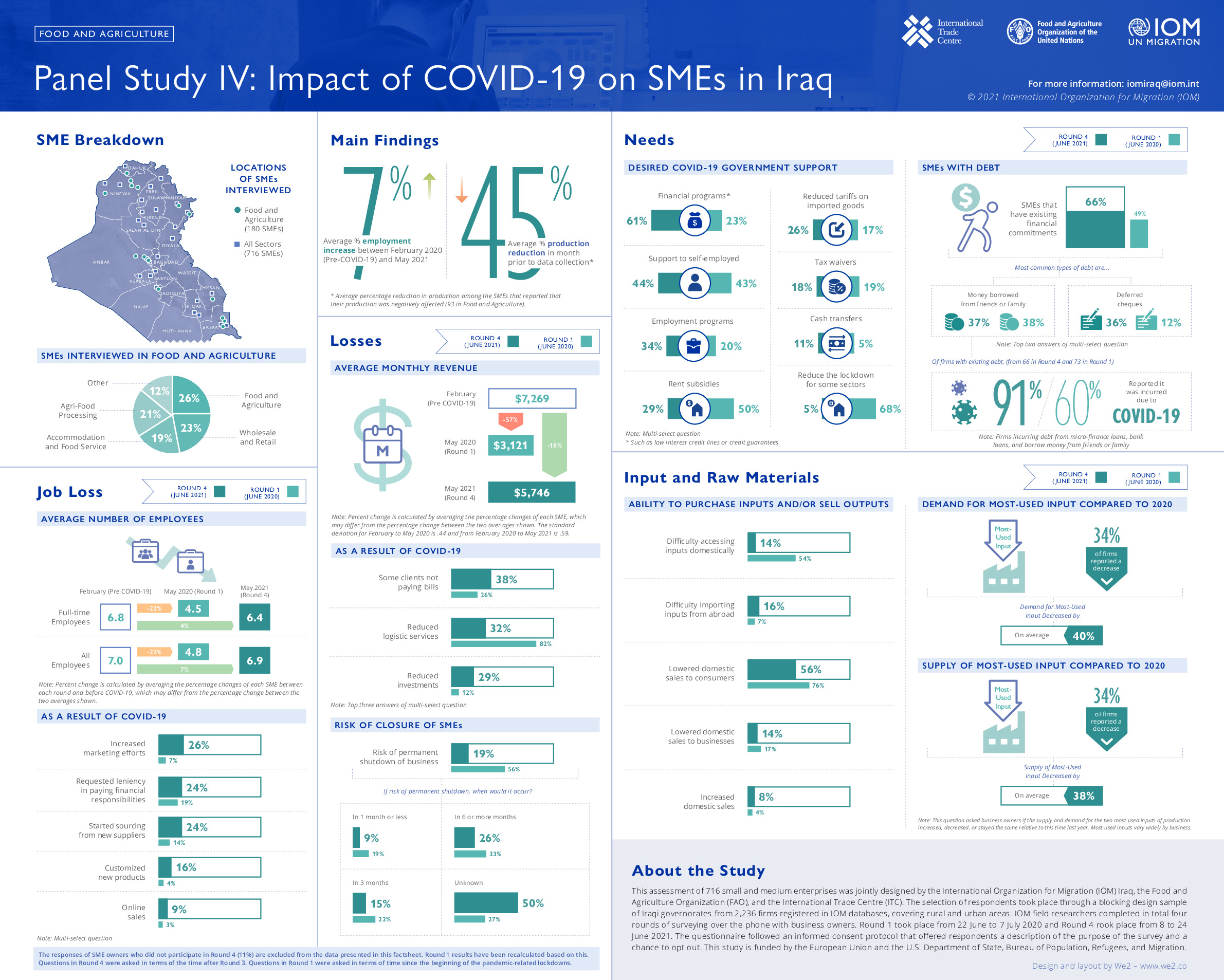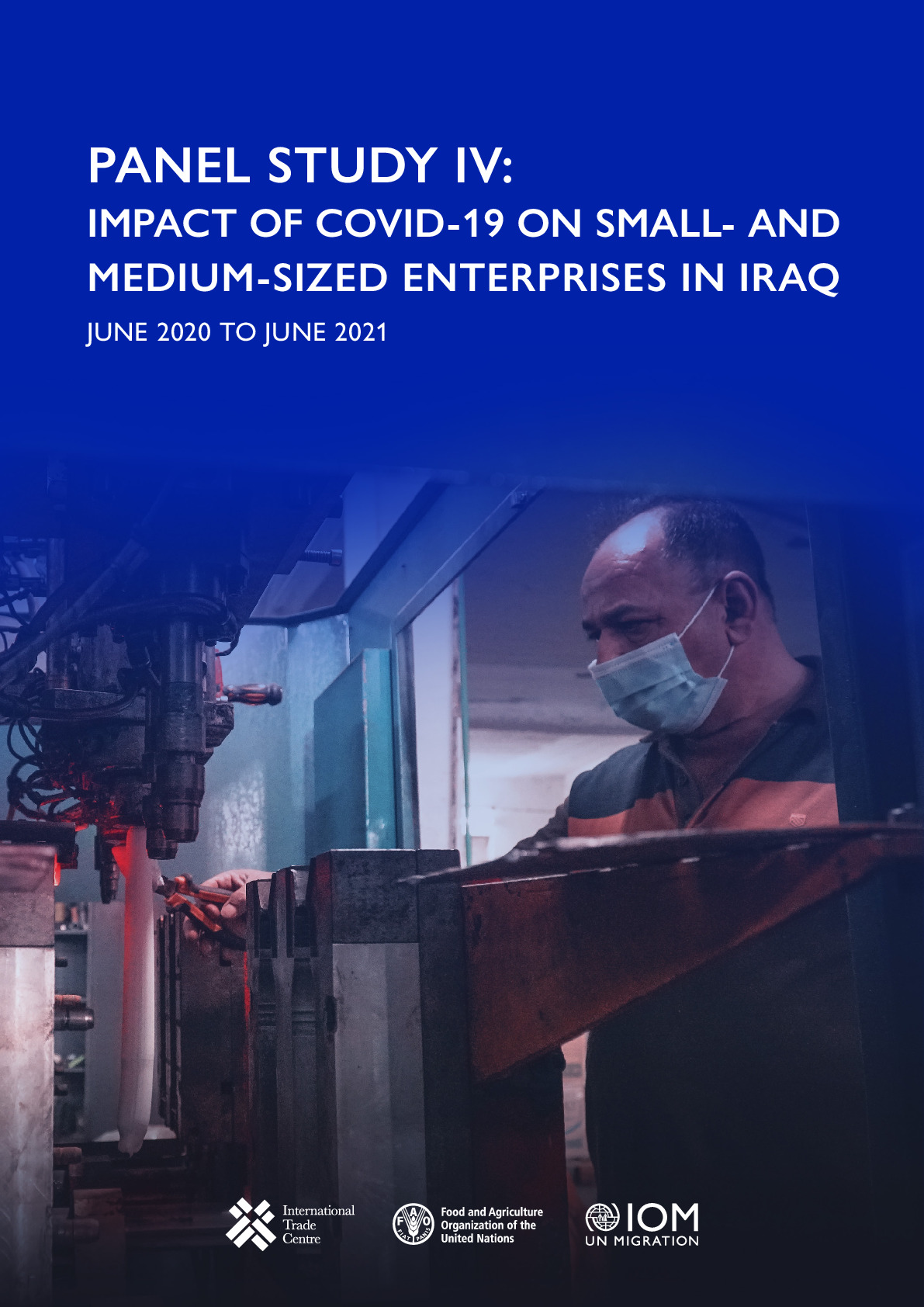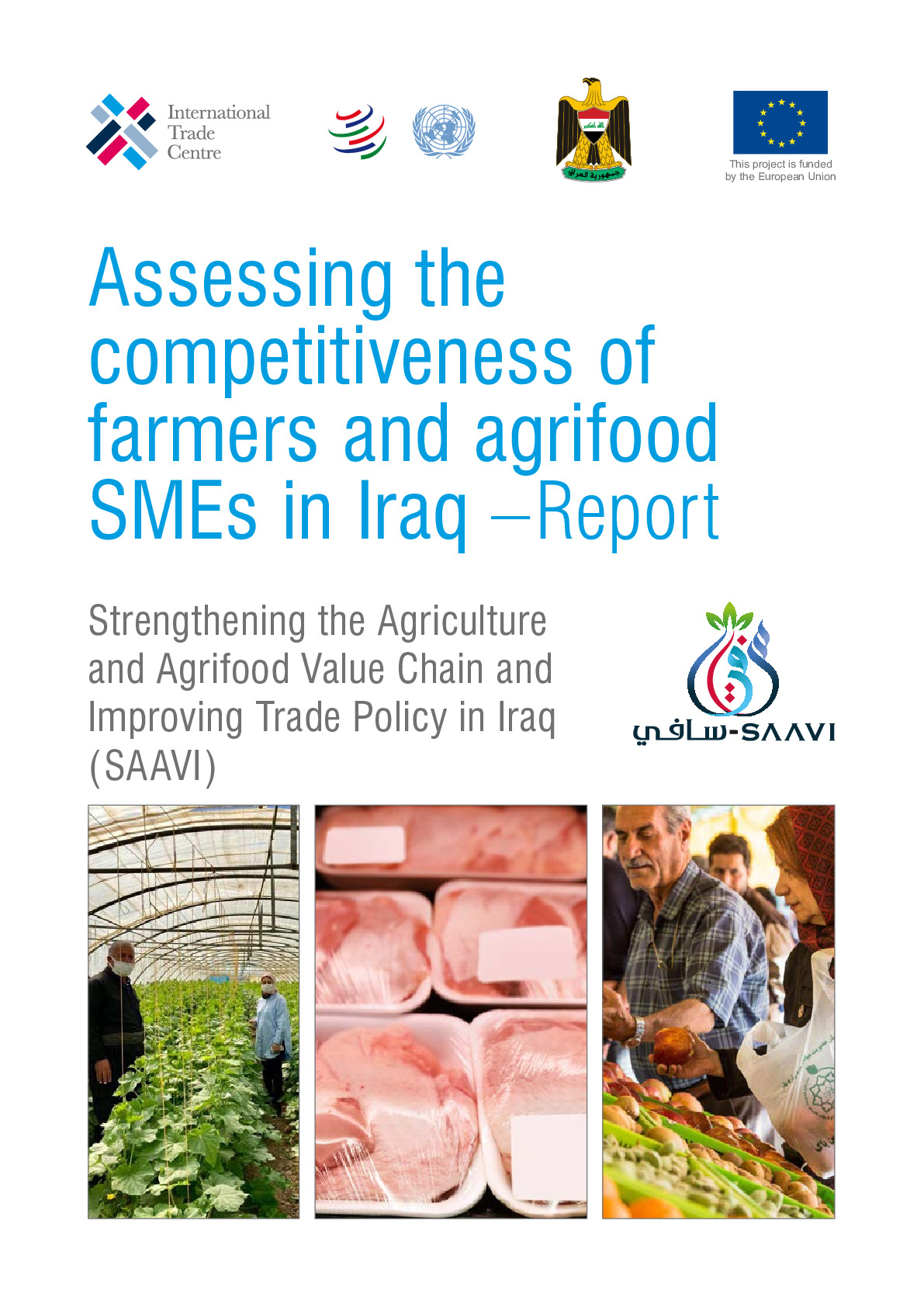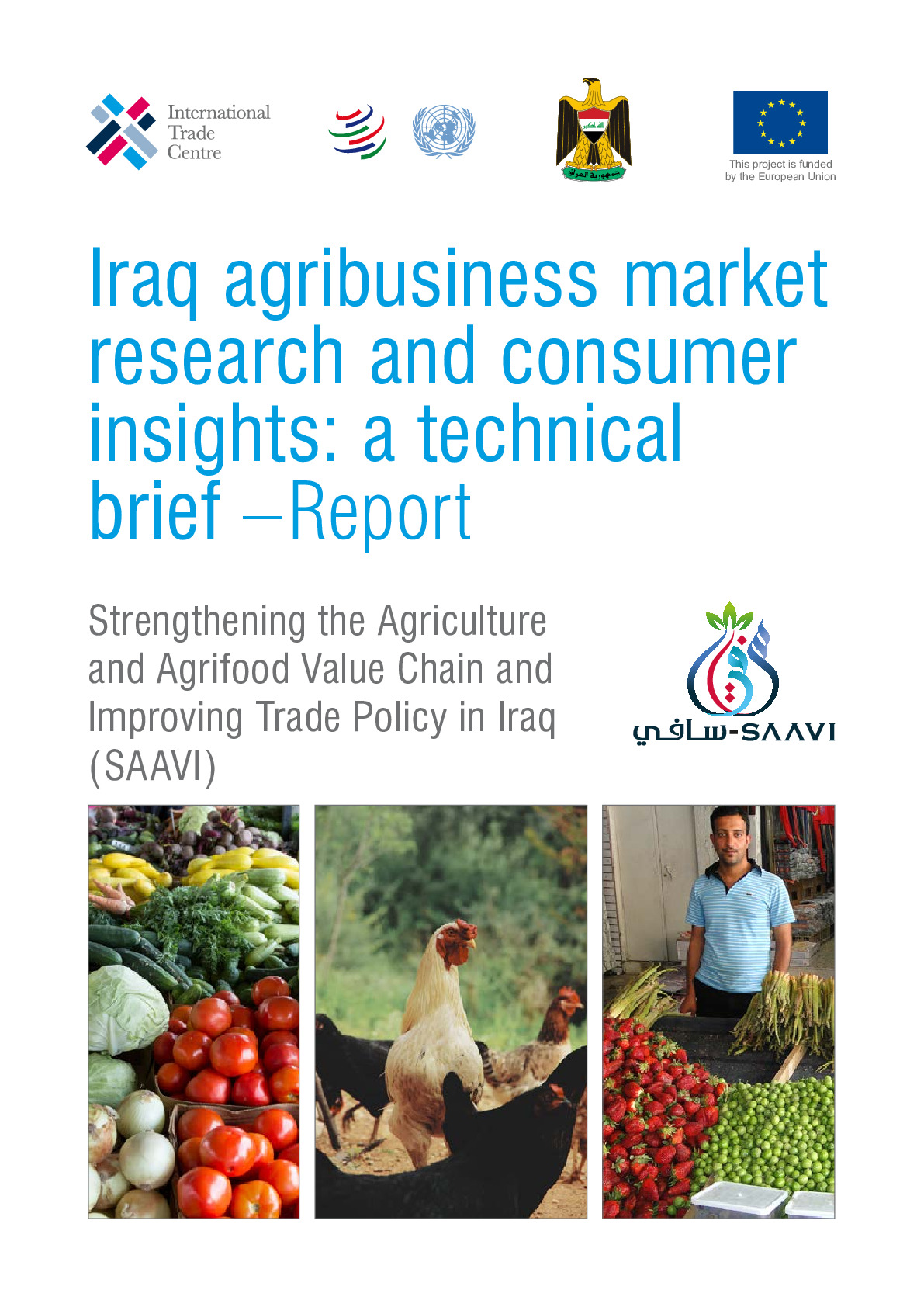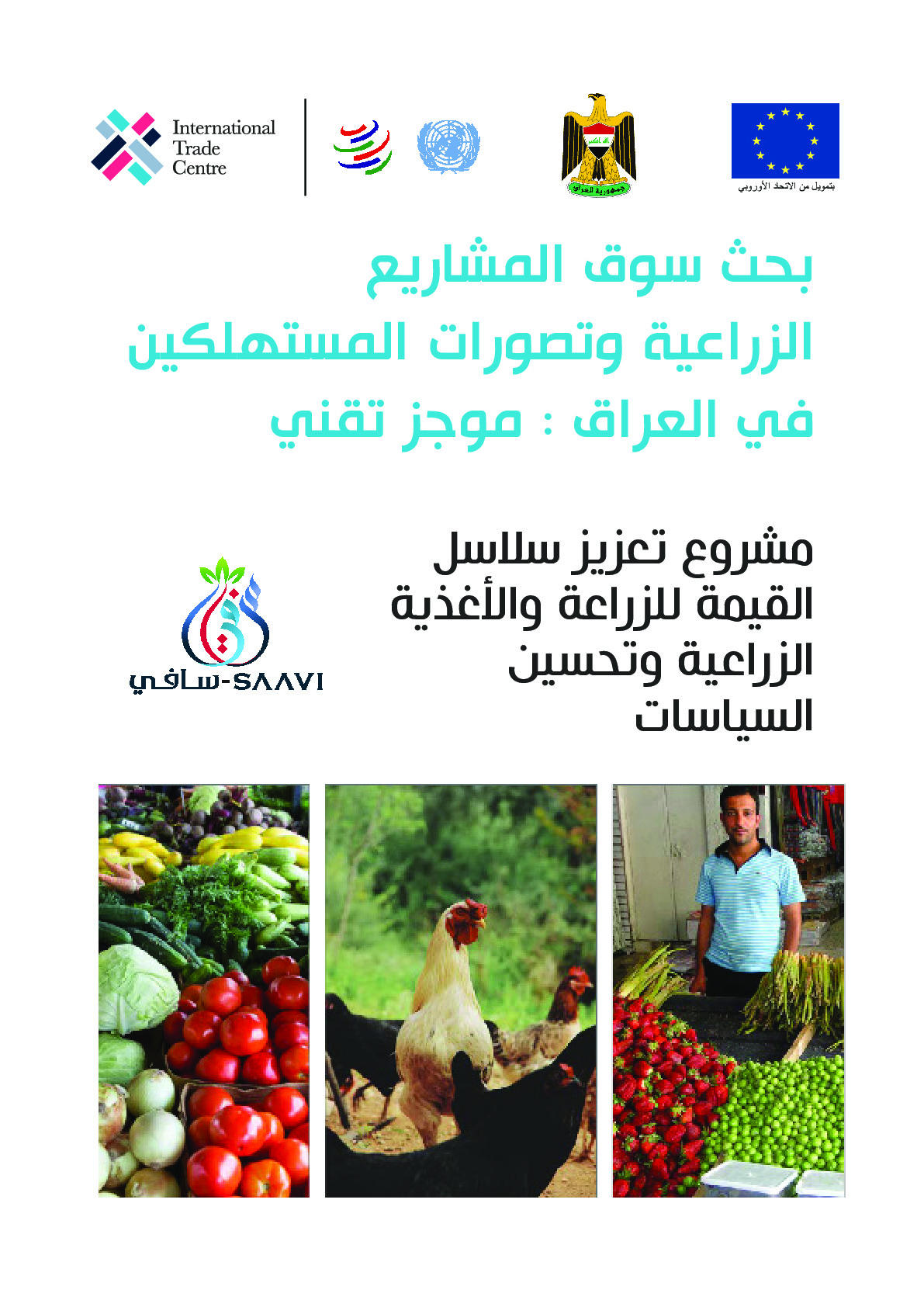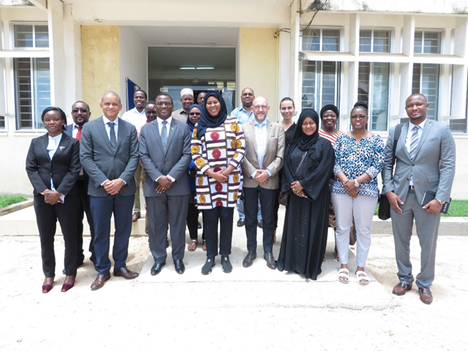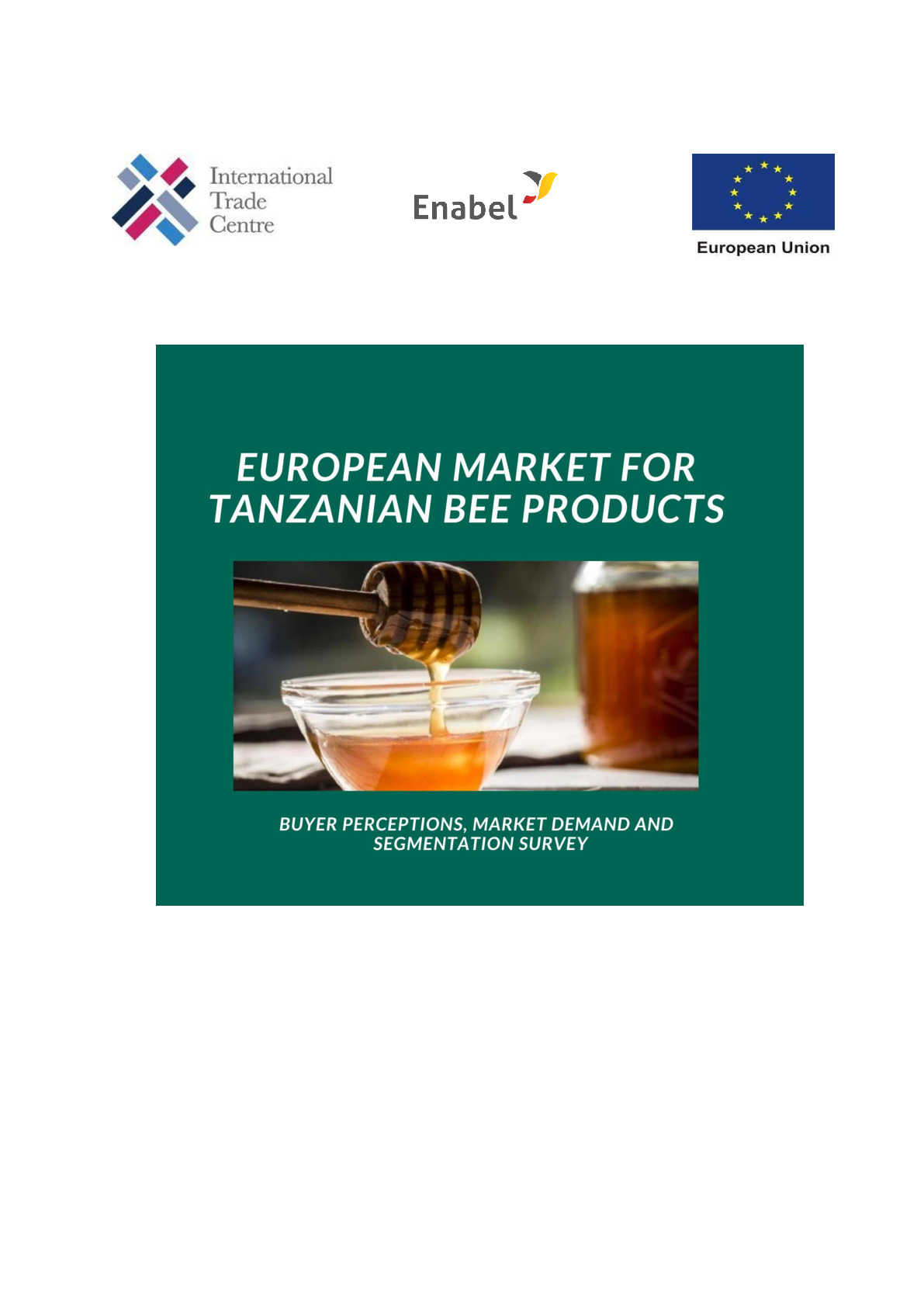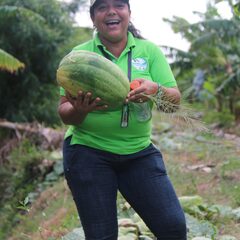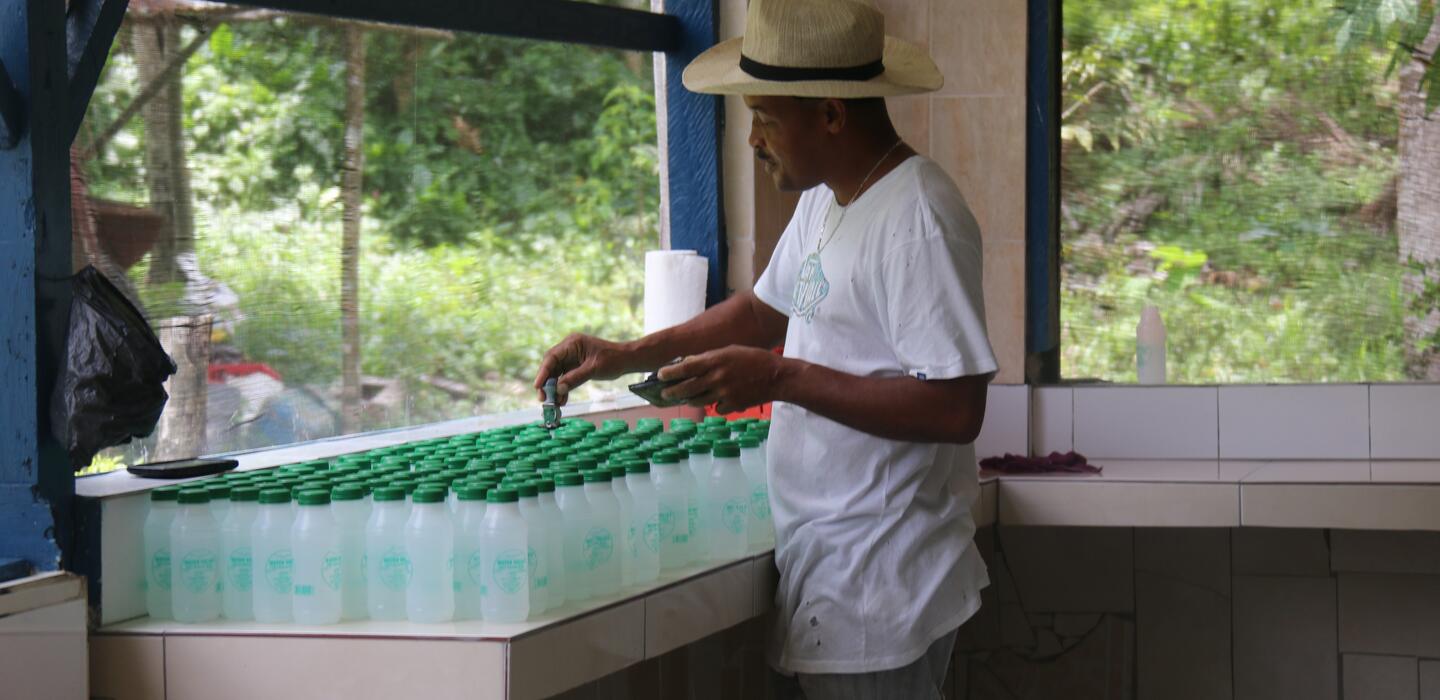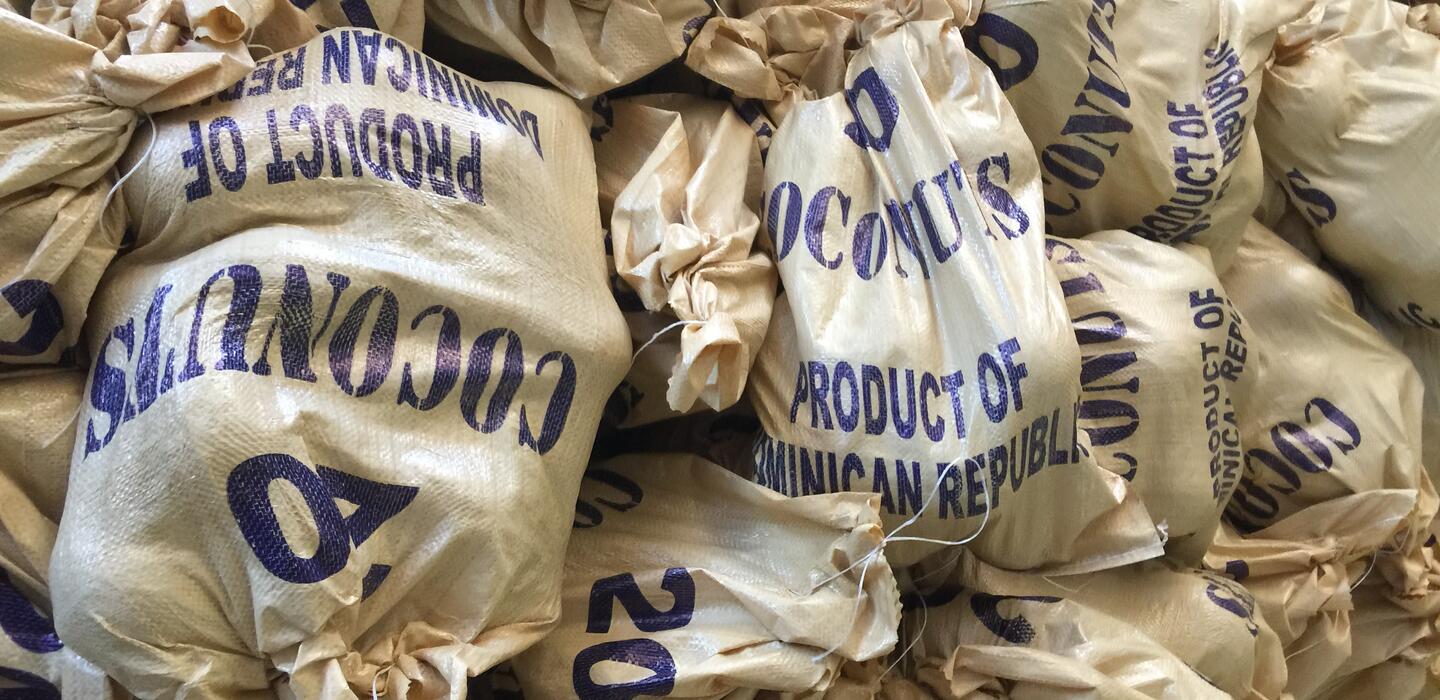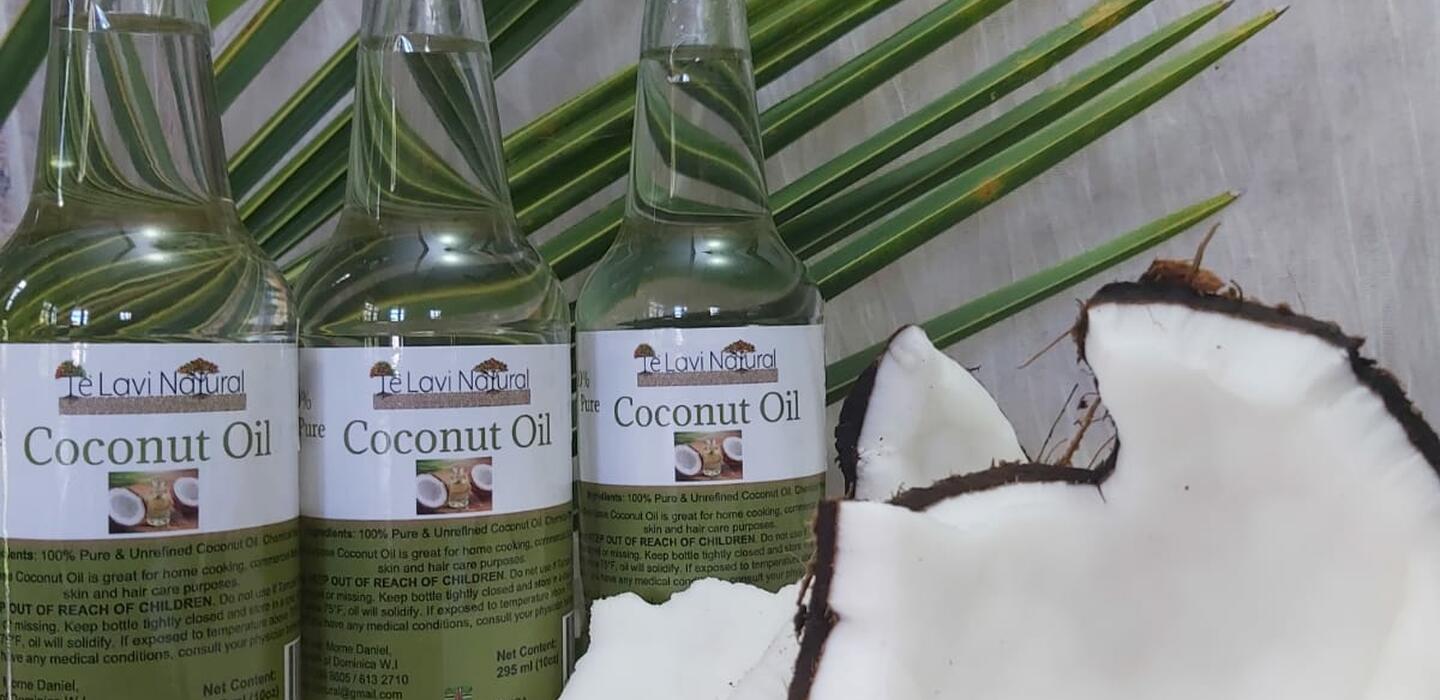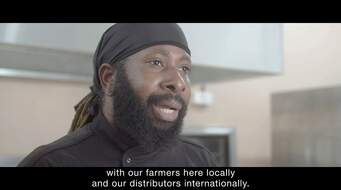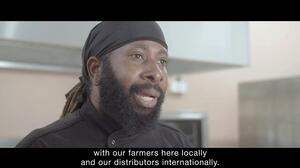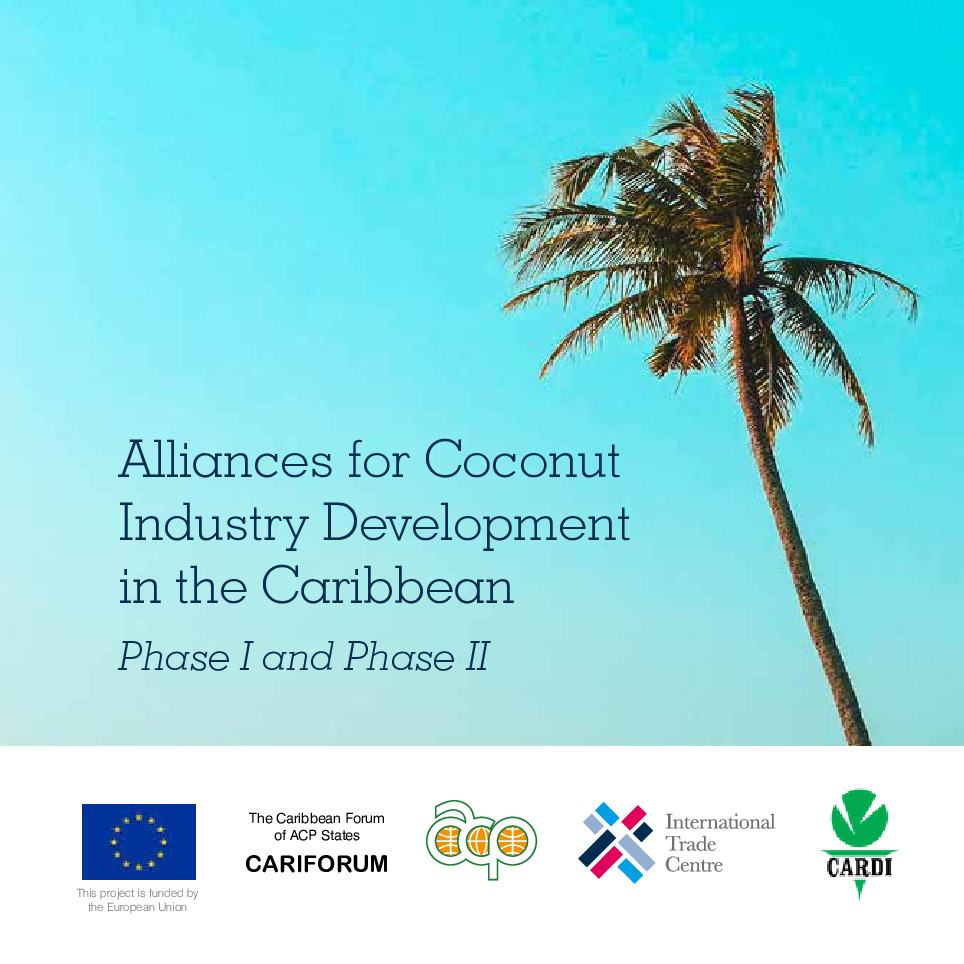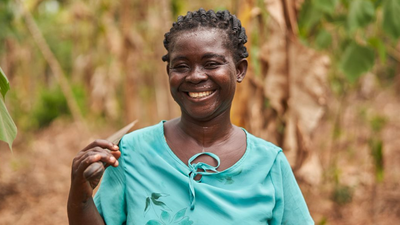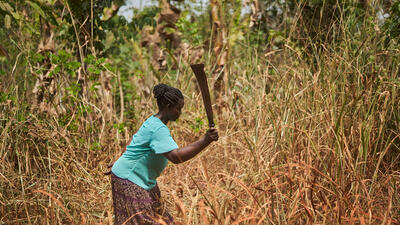Senegal: Alliances for Value Addition in Cashew Nut (NTF V)
ITC partnership with the Netherlands
Cashew trees first arrived in Senegal by the 1950s, mainly to help replant forests. Today, they’re a cash crop for small-scale farmers, vital for vulnerable households, especially in rural areas around the Fatick region.
In 2019, Senegalese production was estimated at 35,000 to 40,000 tons, still far below Guinea Bissau at 200,000 tons, Benin at 150,000 tons, or Nigeria at 250,000 tons. Senegal’s harvest represented only 0.8% of world production.
Senegal grows most of its cashews in the regions of Ziguinchor, Sédhiou, Kolda and Fatick. The best quality produce comes from Fatick.
The NTF V Agribusiness project is designed and implemented through the Alliances for Action methodology. Known as A4A, this initiative brings together private and public actors to make smallholder farmers and small businesses more competitive while protecting their incomes. Above all, this connects businesses and brings more people into the trading system by targeting operators across the value chain, in several products and markets.
Among the goals in Senegal:
- Identify market opportunities and new buyers for cashew nuts and related crops, whether in domestic, regional or international markets.
- Strengthen public-private alliances for more solid ecosystems, including through digital applications.
- Make farmers, small businesses, and social enterprises more competitive and resilient in their sales and production. The focus is on digital and other support services for market access and market intelligence tools, product innovation, meeting quality standards, certification, sustainable business principles, and access to finance.
- Connect small businesses, social enterprises, and farmer associations with international, regional and domestic partners for business and investment opportunities.
Video
Sustainable Development Goals
<p>In September 2021, The Government of the Netherlands and the International Trade Centre (ITC) signed a four-year partnership agreement aimed at enhancing the trade competitiveness in selected African countries, through the strengthening of digital and agribusiness services and especially the connection between the two.</p><p>In Senegal, ITC will implement a value chain development project with the objective of improving the competitiveness of livelihood farmers and agribusiness MSMEs in the cashew nuts and associated crops. Cashew will be the main crop of focus, nevertheless the project will additionally support the commercialization of associated horticulture products (e.g. maize, cowpea, cassava/yam and vegetables) etc) following the A4A multi-products multi-market approach. The exact basket of associated horticultural products will be defined at the beginning of the project through the foreseen detailed cashew nuts value chain analysis that will be undertaken in collaboration with the University of Thies. </p><p>Through the project, ITC aims to promote more efficient and sustainable agri-business and support services that will lead to increased trade, better incomes and livelihoods opportunities, especially for the smallholder cashew growers.</p><p>The main objectives of the action in Senegal are:</p><ul><li>Understand market trends and identify resilient and sustainable business and production models for the cashew sector.</li><li>Strengthen Public-Private alliances to support the development of more solid ecosystems including through digital applications. </li><li>Facilitate linkages for SMEs, SEs and Producers Associations with international, regional and domestic partners, business and investment opportunities</li></ul><p>The agri-business component of NTF V in Senegal will apply the ITC Alliances for Action (A4A) approach that has proved to be a successful model to promote responsible partnerships for development, to leverage investments and technical support and achieve measurable impact for smallholder farmers and MSMEs. In the framework of NTF V, A4A will look beyond sustainable production to work on enabling environment and target all steps of the value chain from farm to fork. Digital application will be used to increase the overall competitiveness of the agribusiness value chain as well as to scale-up results and reach more partners and beneficiaries.</p>

Benin, Côte d’Ivoire, Mali and Uganda: Building Resilient Trade Competitiveness by Fast Tracking the Digital Technology Sector (NTF V)
